From Zero to 10 Million YouTube Subscribers - Mrwhosetheboss
Last updated: Jun 24, 2023
This video by Deep Dive with Ali Abdaal is an interview with Aaron Maney, also known as Mrwhosetheboss, who is Europe's biggest tech YouTuber with over 10 million subscribers, discussing his journey from starting out with just a few thousand views to becoming a successful influencer and the effort he puts into his channel.
The video is an interview with Aaron Maney, also known as Mrwhosetheboss, who is Europe's biggest tech YouTuber with over 10 million subscribers.
He talks about his journey from starting out with just a few thousand views to becoming a successful influencer, and the effort he puts into creating his content.
They also discuss the idea of hedonic adaptation and not tying oneself to a specific number of subscribers.
Aaron shares his experiences of being a nerd in school and how YouTube helped him gain confidence.
- Aaron had dreams of being a YouTuber when he was young and at school.
- He started his YouTube channel in 2012 while studying at university.
- One of his videos went viral and he got a lot of attention from news outlets.
- Aaron is Europe's biggest tech YouTuber with over 10 million subscribers.
- He talks about the cool things he gets invited to do as an influencer.
- Starting YouTube was a vehicle towards confidence for him.
- Aaron's turning point on YouTube was when he made a video about a phone that went viral.
- He received hate comments from day one, including racist and nasty comments.
- Started creating a rough schedule and trying to get brand deals.
From Zero to 10 Million YouTube Subscribers - Mrwhosetheboss - YouTube
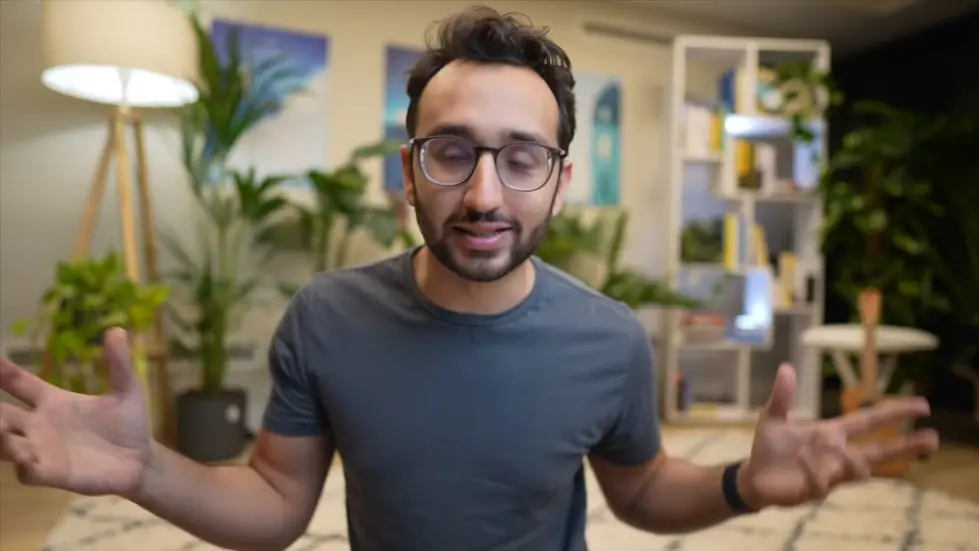
Early Dreams and Journey to YouTube
- Aaron had dreams of being a YouTuber when he was young and at school.
- He started his YouTube channel in 2012 while studying at university.
- His first video was a review of a phone case and it got a few thousand views.
- He started making more videos and gained more subscribers.
- One of his videos went viral and he got a lot of attention from news outlets.
- He realized the potential of virality and became more serious about YouTube.
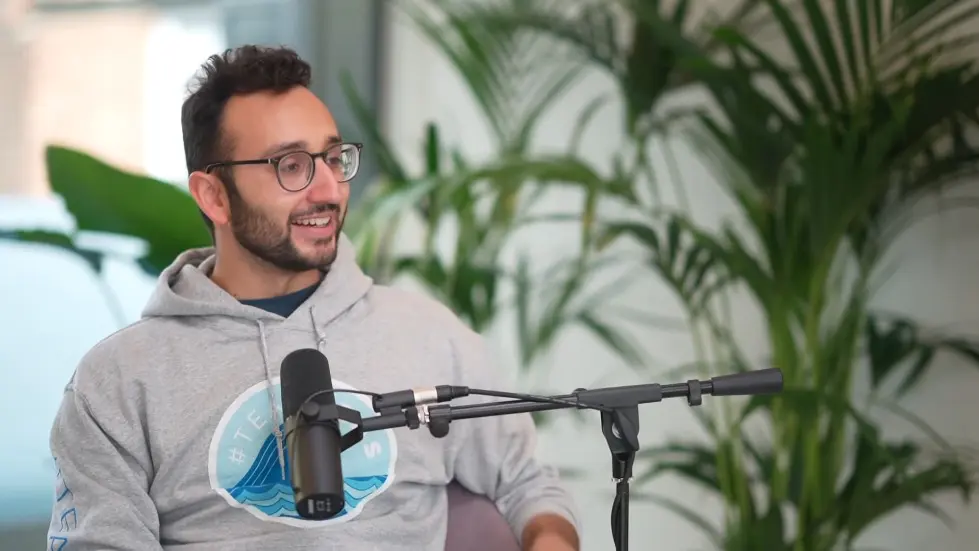
Life as an Influencer
- Aaron is Europe's biggest tech YouTuber with over 10 million subscribers.
- He talks about the cool things he gets invited to do as an influencer.
- He discusses the idea of hedonic adaptation and not tying yourself to a number.
- He talks about the effort he puts into his YouTube channel and the importance of sound design.
- He mentions the satisfaction he gets from making videos and the confidence it has given him.
- He talks about the challenges of being an influencer and dealing with negativity.
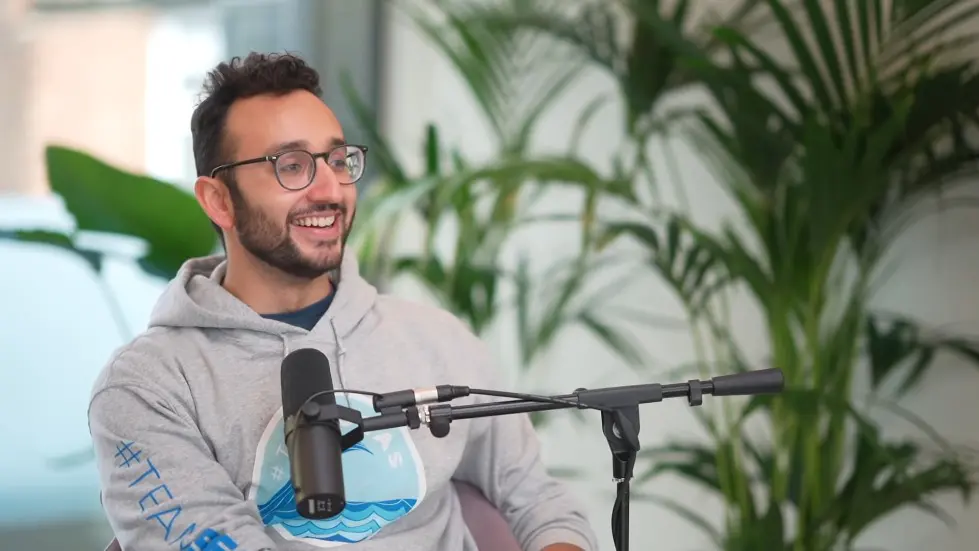
Early Life and School
- Aaron was a massive nerd growing up and played chess for England in primary school.
- He had a difficult time in secondary school and felt insecure about himself.
- He had very little reassurance from others and was constantly criticized.
- Starting YouTube was a vehicle towards confidence for him.
- YouTube helped him gain a better impression of himself and boosted his confidence.
- He feels lucky to have found YouTube and done it properly.
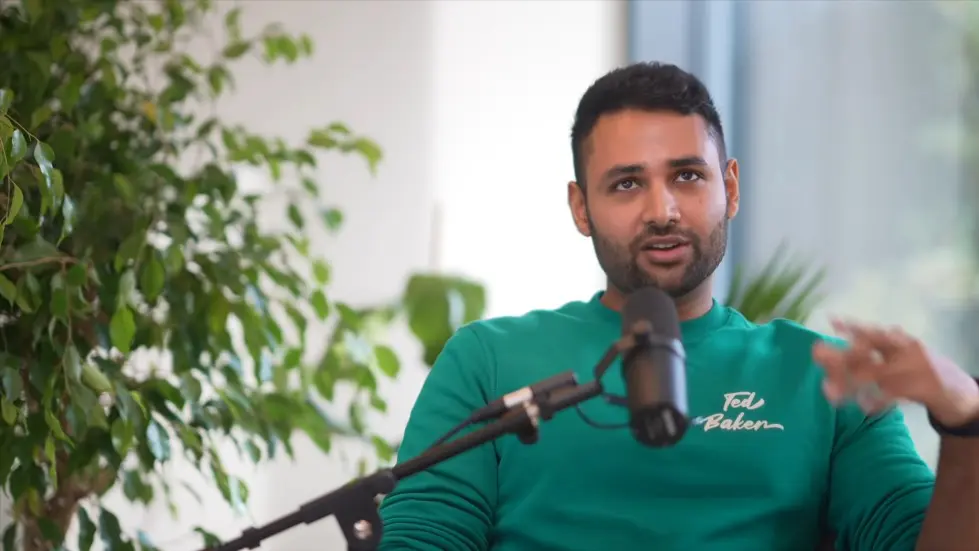
From Zero to 10 Million YouTube Subscribers - Mrwhosetheboss - YouTube
Turning Point and Success on YouTube
- Aaron's turning point on YouTube was when he made a video about a phone that went viral.
- He talks about the effort he put into making that video and how it paid off.
- He discusses the importance of consistency and quality in making YouTube videos.
- He talks about the challenges of being a full-time YouTuber and the pressure to keep growing.
- He mentions the importance of having a supportive community and being true to yourself.
- He talks about his plans for the future and how he wants to continue growing and improving.
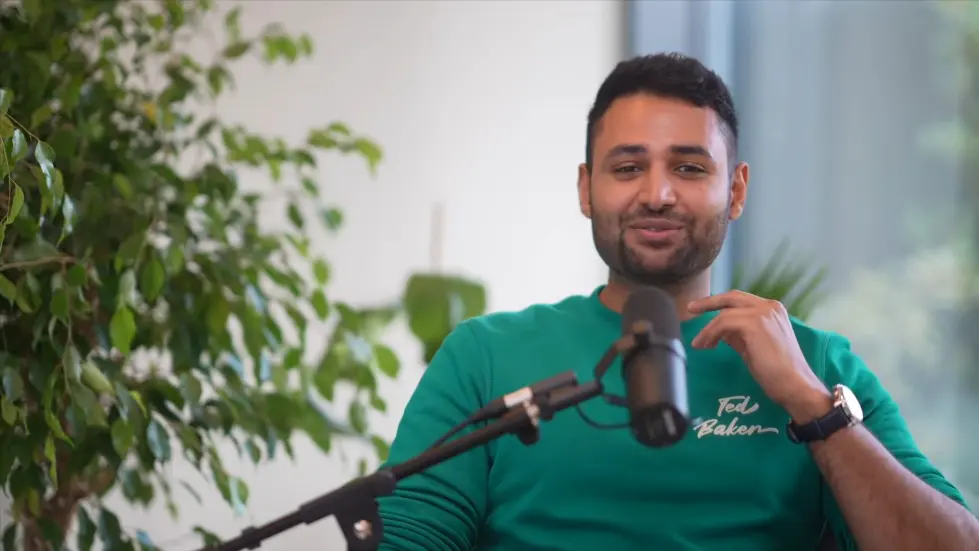
Starting the Channel
- Aaron started his channel after his brother bought him his first smartphone.
- He fell in love with the device and learned as much as he could about it.
- He made a video on how to customize the phone and it did better than he expected.
- He kept going and his life goal was to get the phone to score a certain score in a benchmarking app.
- He doesn't remember what prompted him to start the channel, but he watched other YouTubers and wanted to be like them.
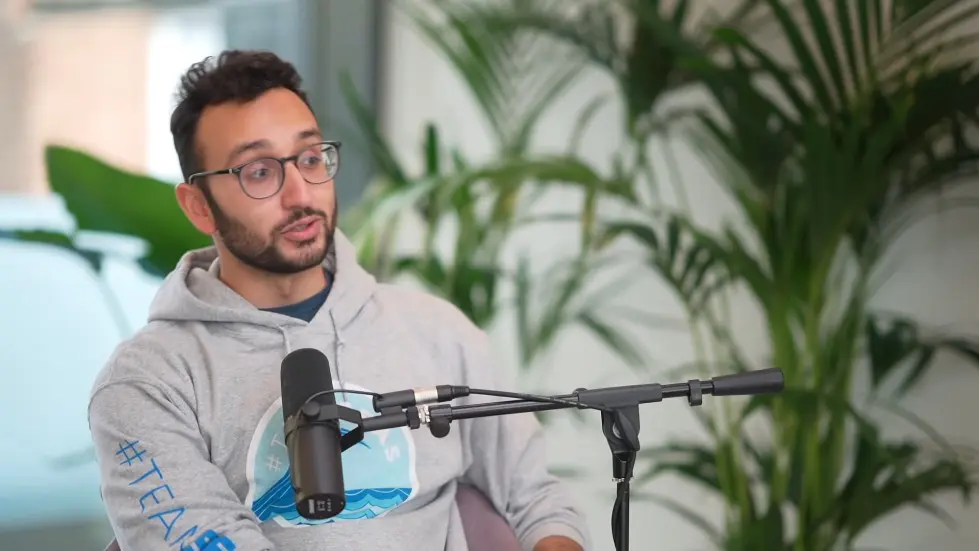
Worries and Challenges
- Aaron was worried about what people would think when he started the channel.
- He was not a confident person and was aware that on camera he was not going to give a good impression.
- He didn't reveal his face for a good few years and even then people criticized his voice.
- The tech audience is hard to please and can be cynical, but Aaron developed a thicker skin over time.
- He received abrasive comments from day one, but the better his videos got, the more the tone shifted to positivity.
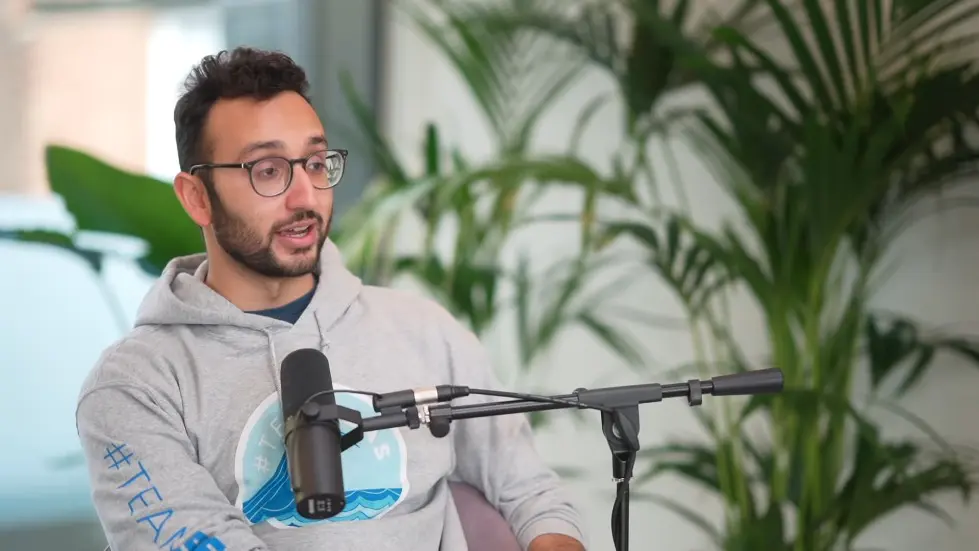
Internal Motivation
- When Aaron started the channel, it wasn't a big part of his life and he was quite embarrassed about it.
- He had an internal sense of doing something that other people weren't doing, which was quite nice.
- He had no idea that it could be a career or what it would turn into, but it felt cool.
- He showed his friend that he had a channel with 5,000 subscribers and had to convince him that it was him.
- He had a drive to find out how to make his phone better and that created a sense of purpose.
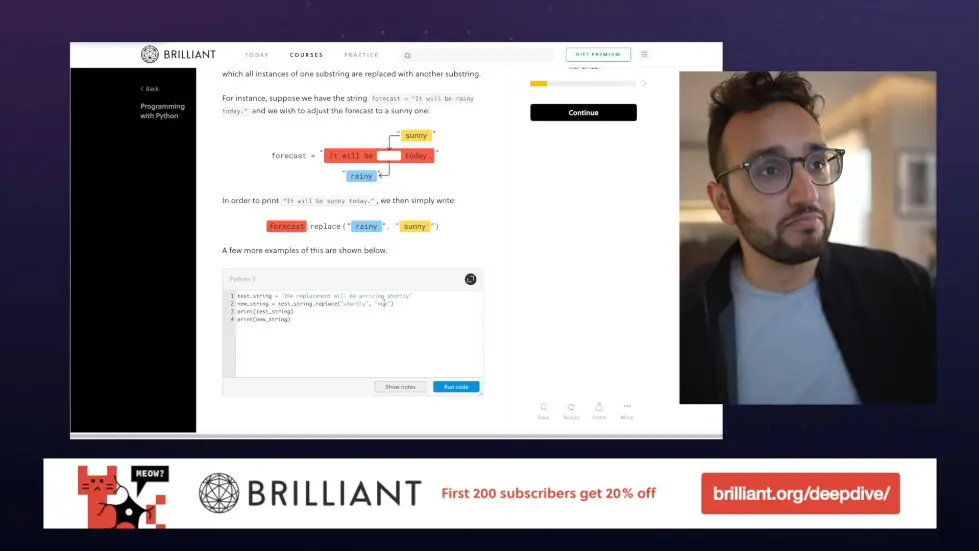
Dealing with Criticism
- Aaron received hate comments from day one, including racist and nasty comments.
- He wasn't ready for people to pounce on him, but it helped him develop a thicker skin.
- The better his videos got, the more the tone shifted to positivity.
- He received an influx of hate comments after his first video did better than he expected.
- He didn't let the hate comments discourage him and kept going.
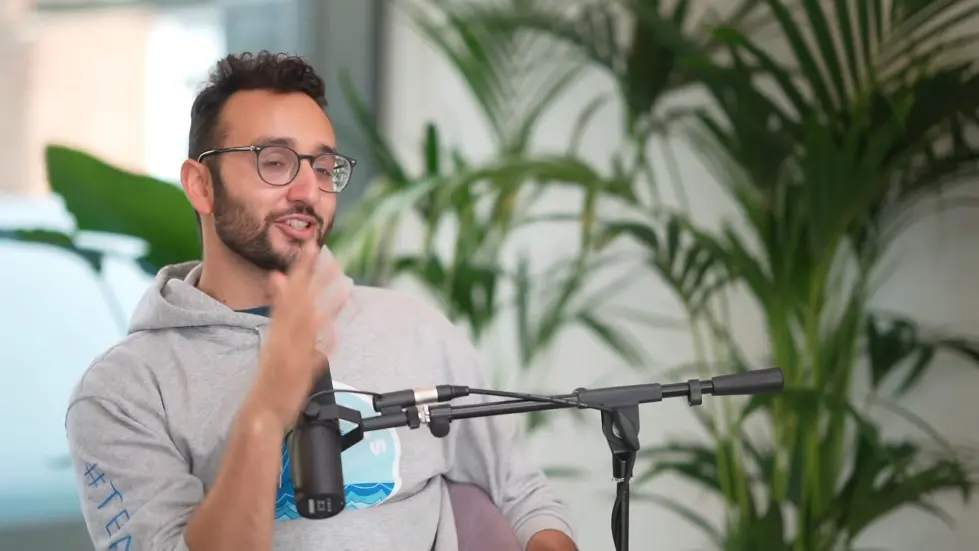
Starting Out
- Started making videos at 15, just for fun
- Passionate about tech and had equipment already
- First two years were just filming things he already had
- Wasn't thinking about watch time, retention, or consumer insights
- Didn't know what an upload schedule was
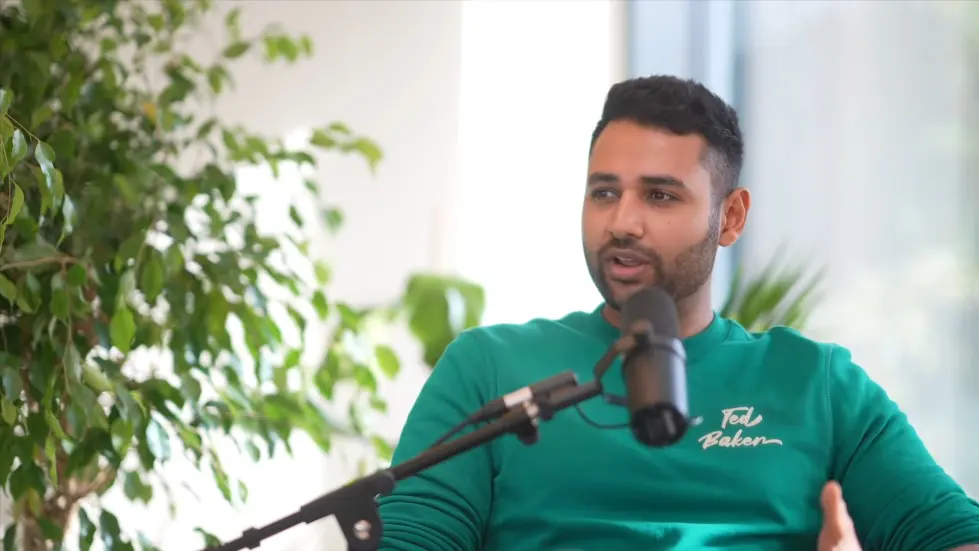
Early Years
- Channel growth was slow and inconsistent
- Didn't have much to show or say
- Did videos at strange times when most people wouldn't have been
- Didn't have access to the latest tech
- Kept going because it was fun
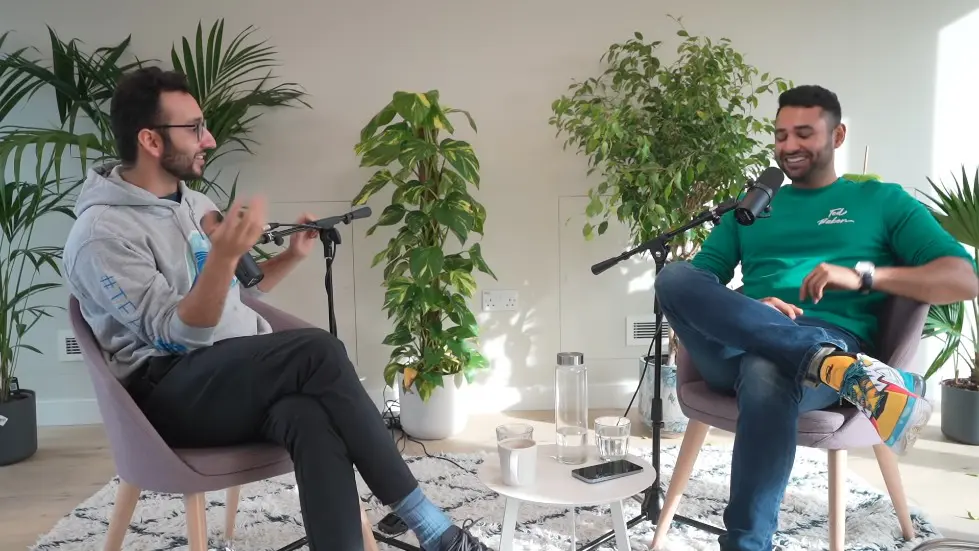
Turning Point
- Uploaded a video on how to turn your phone into a hologram
- Didn't think much of it, but it went viral
- Received attention from news outlets
- Realized the potential of virality on YouTube
- Shifted mindset and started taking YouTube more seriously
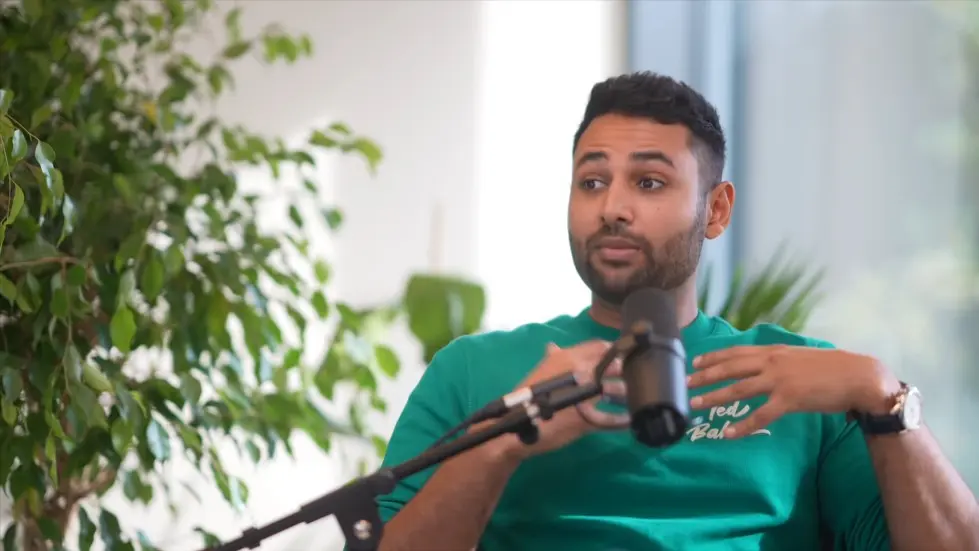
Shift in Focus
- Started creating a rough schedule and trying to get brand deals
- Parents, family, and friends started taking YouTube more seriously
- Still wasn't making enough to call it a job immediately
- Shifted focus to making YouTube a career
- Started taking YouTube more seriously
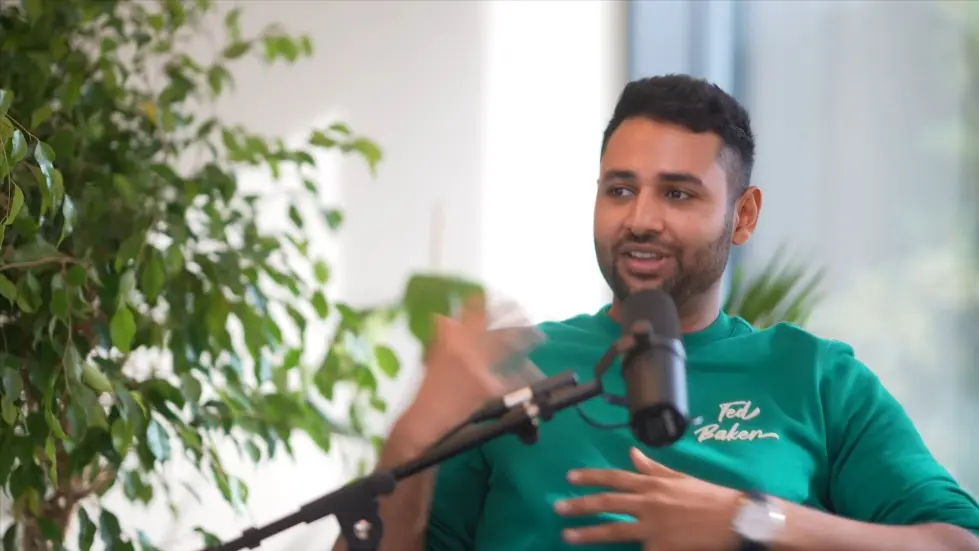
Survivorship Bias and Learning from Experience
- Survivorship bias makes it hard for new YouTubers to imagine the years of effort it takes to gain traction.
- It's tough to see what led up to a successful moment.
- Every video is a learning experience that builds towards success.
- It's important to learn from experience and not rush success.
- Success takes time and effort.
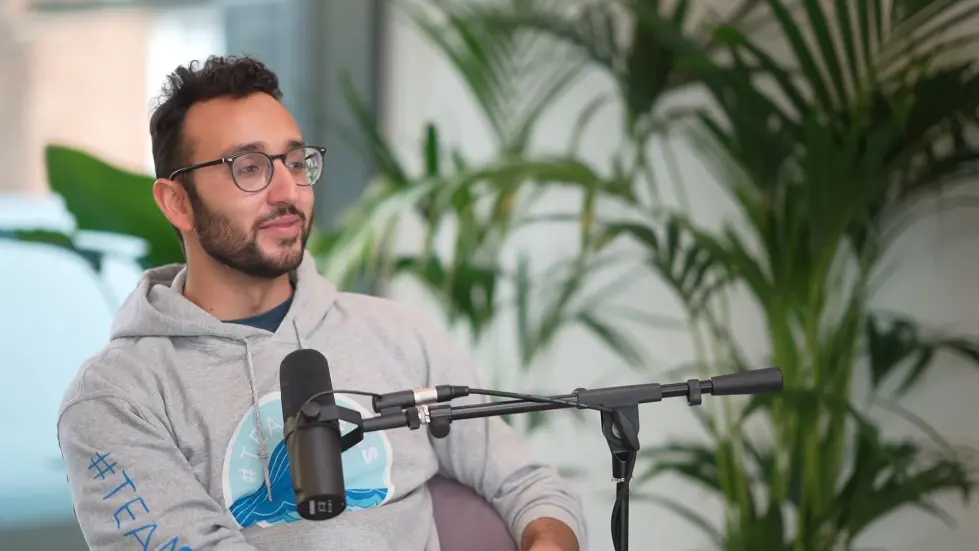
Managing Time and Balancing Priorities
- As the channel grew, time management became more important.
- Discipline and scheduling were necessary to balance university, social life, family, and YouTube.
- Time is a premium as the channel grows, and planning becomes more important.
- Short-term events are used as motivation to get things done.
- Looking forward to events can be a source of enjoyment.
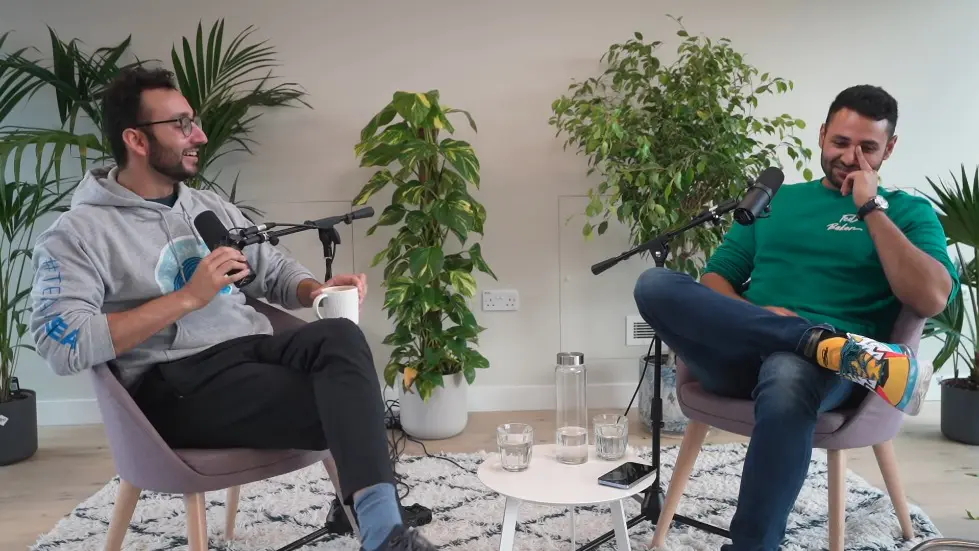
Opportunity Cost and Prioritizing Relationships
- As a self-employed YouTuber, work and social life blend together.
- Opportunity cost is higher as the channel grows, and time becomes more valuable.
- Canceling on people and saying no to events is sometimes necessary.
- It's important to make time for the things that are important.
- People may not understand the demands of being a YouTuber and the need to prioritize work.
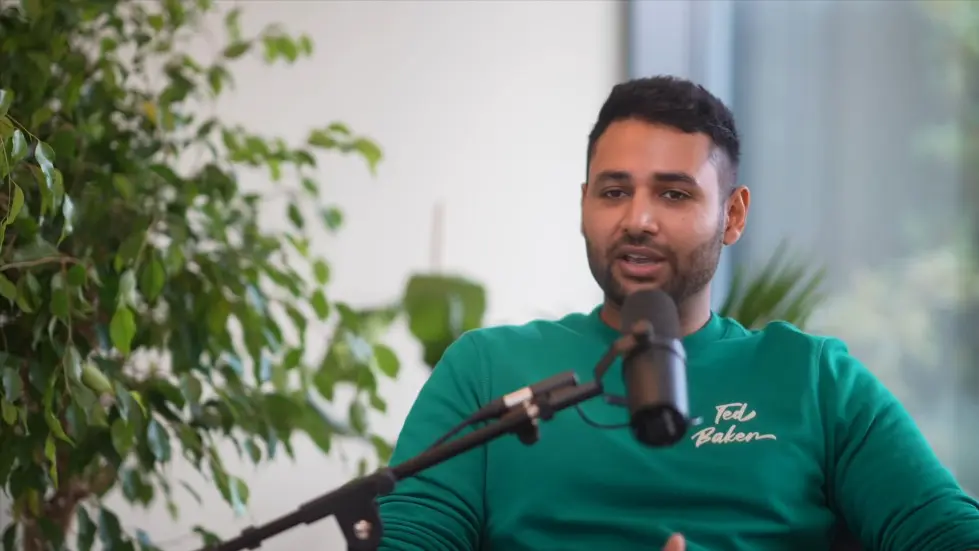
Personal Growth and Learning to Present
- Being on the news was a new experience and felt out of place.
- Personal growth and learning to present were necessary to improve.
- Learning to present was a gradual process that took time.
- Improvement came from watching and analyzing past interviews.
- Personal growth and improvement are ongoing processes.
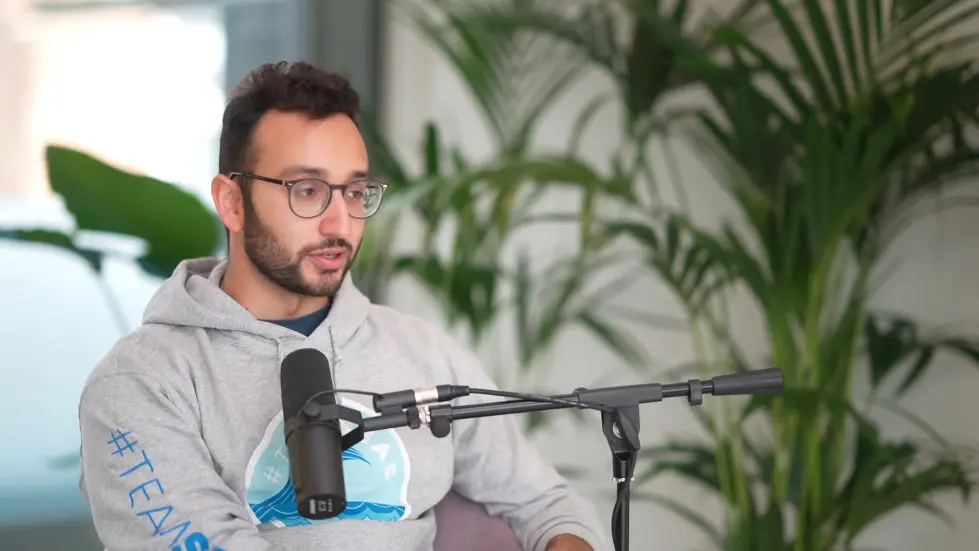
Managing Opportunities
- A sense of FOMO makes it hard to commit to events in advance.
- Every two days, Aaron receives an email about something cool he wants to do.
- He wants to lead a distinct life and do something different every day.
- Companies offer experiences like flying in a helicopter or hiring out a theme park.
- He has to turn down a lot of offers because integrity comes first.
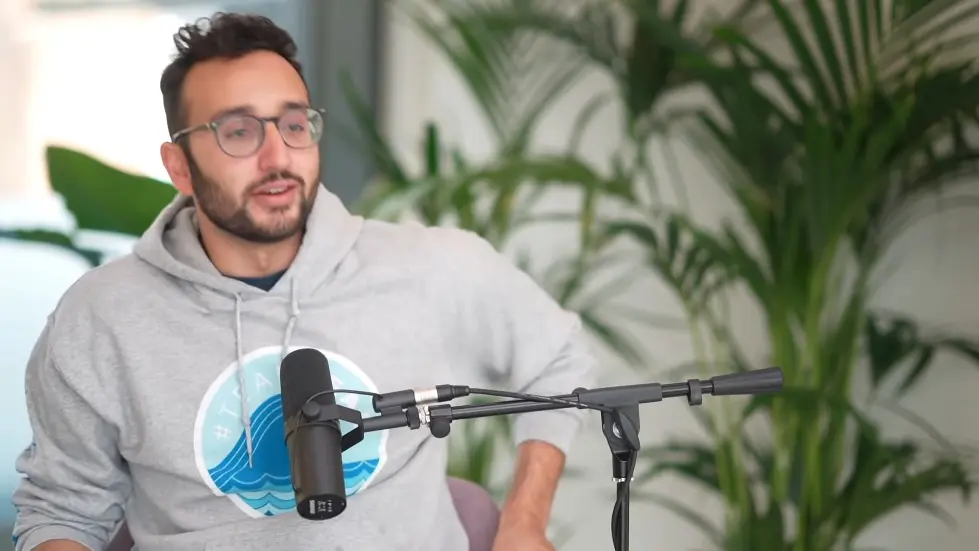
Exponential Growth
- Using data and responding to feedback leads to exponential growth.
- Aaron's channel has gone from 3 million to nearly 9 million subscribers in the last year.
- The difference in value between 3 million and 9 million subscribers is enormous.
- Being the biggest tech influencer in Europe makes him the go-to person.
- His inbox gets flooded with cool opportunities.
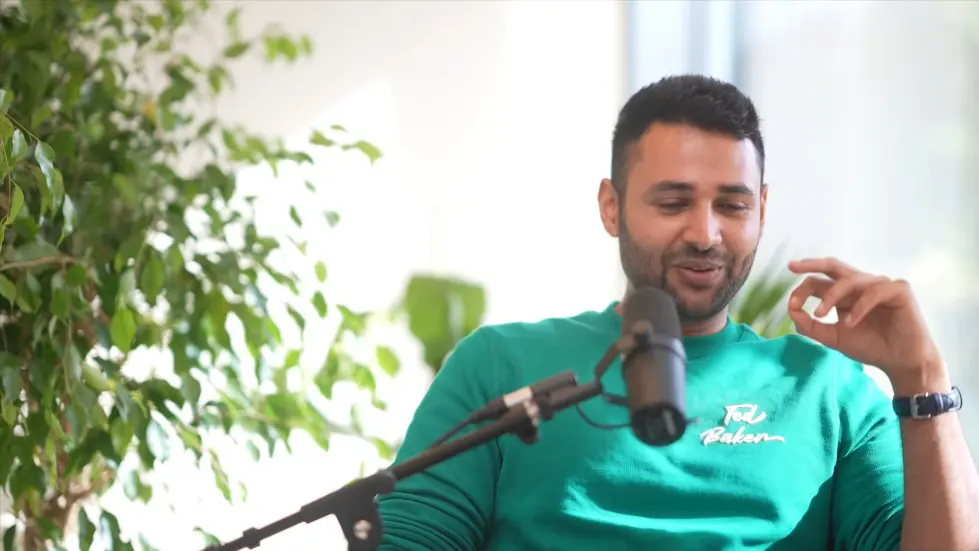
Valuing Time
- Setting a personal hourly rate and outsourcing tasks that don't meet that rate.
- Aaron eliminated tasks like laundry to spend more time scripting videos.
- It's easy to start thinking in terms of the hourly rate for social events.
- Recognizing the importance of relationships and separating business from real life.
- Ultimately, relationships are the most important thing in life.
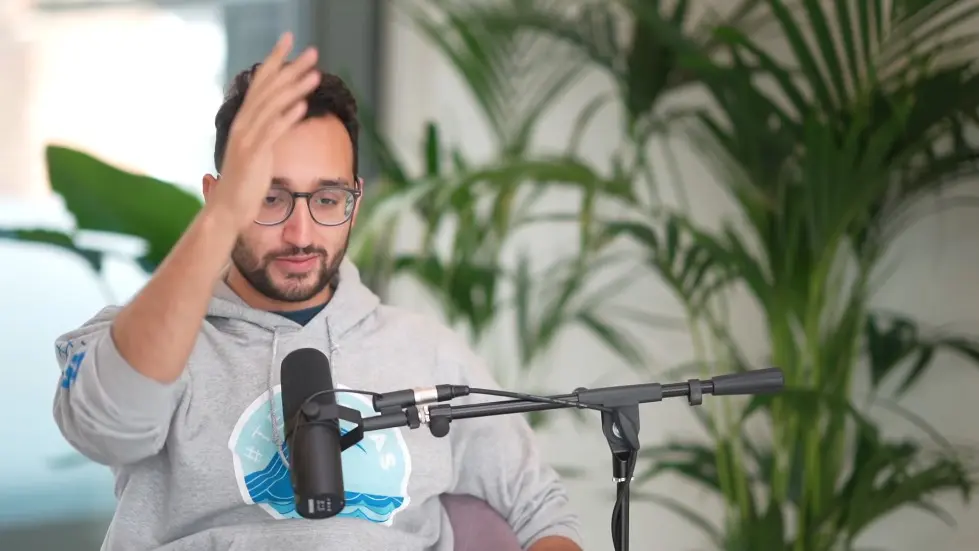
Separating Business and Personal Life
- Recognizing the importance of relationships and separating business from real life.
- It's important to have a separation between social events and business.
- Ultimately, relationships are the most important thing in life.
- Reading books about personal development helped Aaron find a balance.
- He tries to be present in the moment and not think about work during social events.
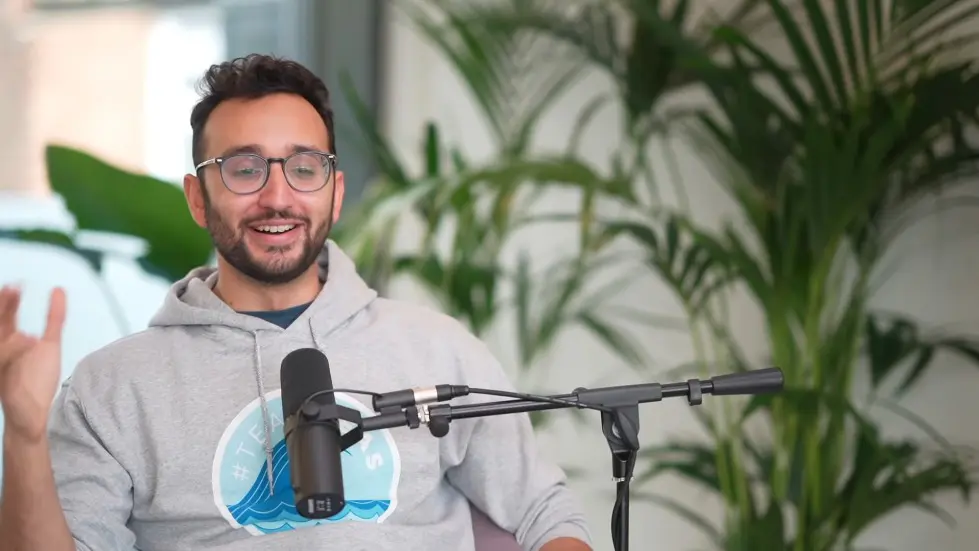
Managing Time and Social Life
- Diminishing returns curve of social interaction
- Realization that attendance at parties significantly dipped
- Productivity hacks and time management strategies
- Seeing things as bonuses instead of punishing oneself for not doing things
- Setting low expectations for oneself and being happier when surpassing them
- Goal setting for personal and professional growth
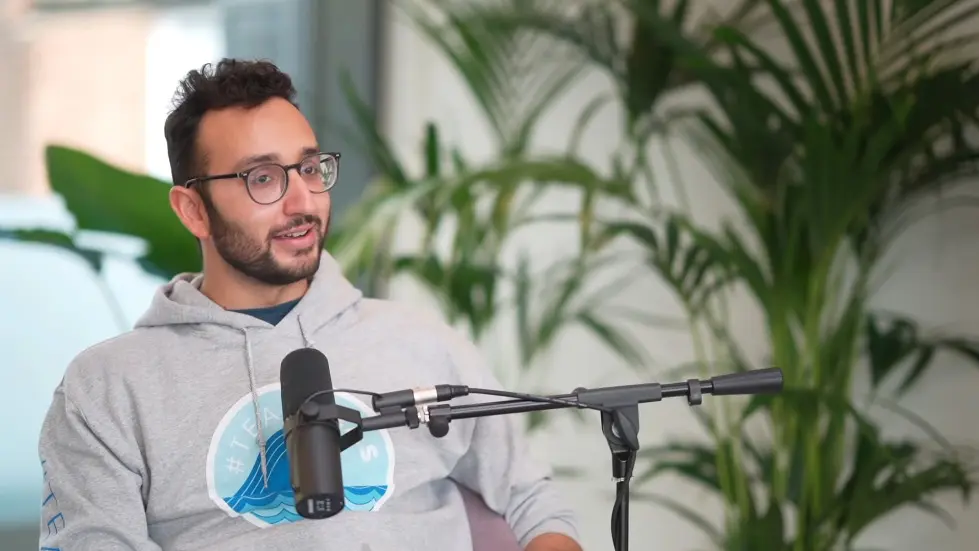
Strategies for YouTube Success
- Consistency in uploading content
- Engaging with audience through comments and social media
- Collaborating with other YouTubers
- Staying up-to-date with trends and news in the tech industry
- Investing in high-quality equipment and editing software
- Experimenting with different types of content to find what works best
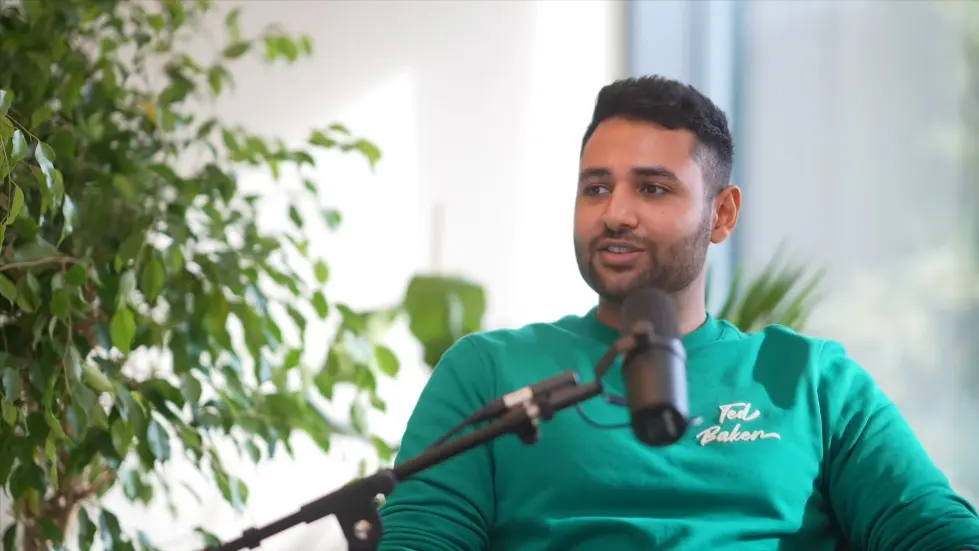
Challenges and Lessons Learned
- Dealing with negative comments and criticism
- Learning to balance personal life and work as a full-time YouTuber
- Overcoming imposter syndrome and self-doubt
- Adapting to changes in the YouTube algorithm and platform
- Importance of taking breaks and self-care to avoid burnout
- Learning from mistakes and failures to improve content and strategy
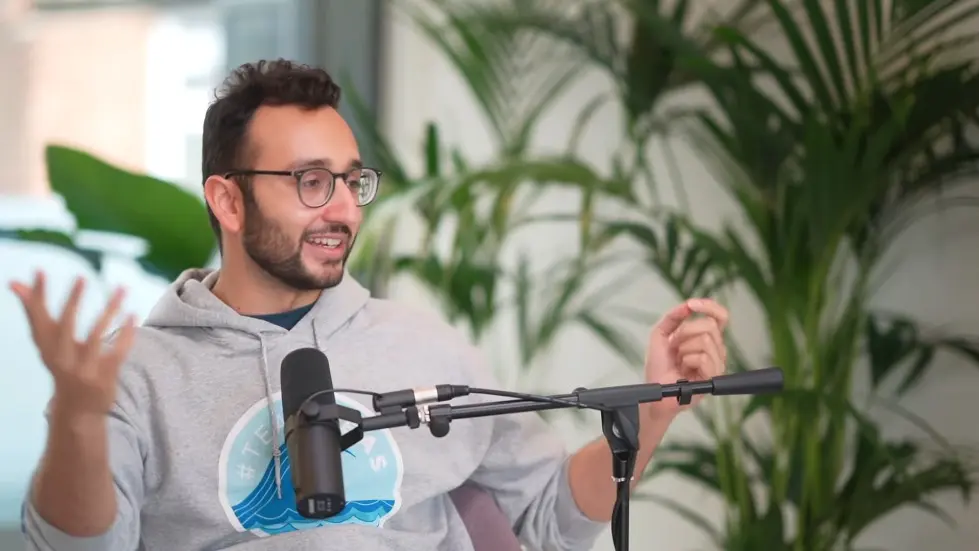
Advice for Aspiring YouTubers
- Find a niche or topic that you are passionate about
- Be consistent and upload content regularly
- Engage with your audience and build a community
- Invest in high-quality equipment and editing software
- Collaborate with other YouTubers to expand your reach
- Be open to feedback and willing to learn and improve
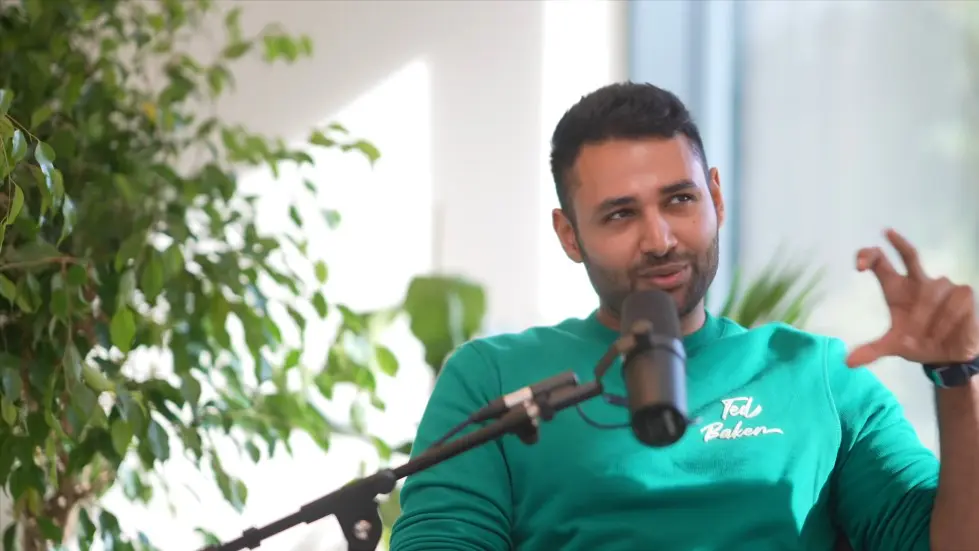
Early Goals and Motivations
- Aaron has always been numbers-driven, even at the start of his channel.
- He had sheets on his wall with subscriber goals.
- As the channel grew, he tried to detach himself from the numbers because YouTube is unpredictable.
- He realized that tying himself to a number he has no control over is not productive.
- He believes in enjoying the journey and having fun, rather than setting goals outside of his control.
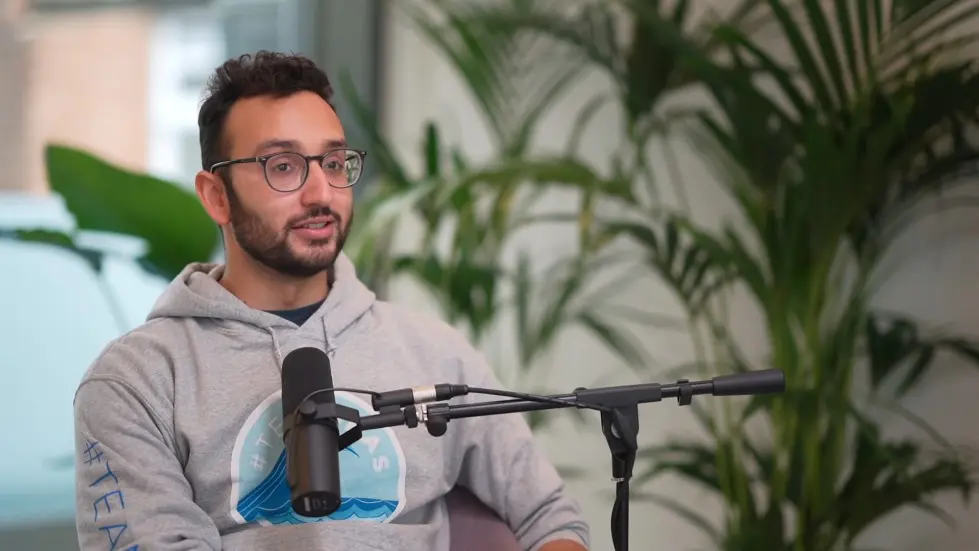
Setting Achievable Goals
- Aaron's personal philosophy on goal setting is to set goals that are within his control.
- He sets input goals, such as making one or two videos a week, rather than output goals, such as hitting a certain number of subscribers.
- He believes that setting goals outside of his control can be demotivating and lead to procrastination.
- He shifted his goal for writing a book from hitting the New York Times bestseller list to writing a book he is proud of.
- He still has the New York Times list in the back of his mind, but he tries not to think about it too much.
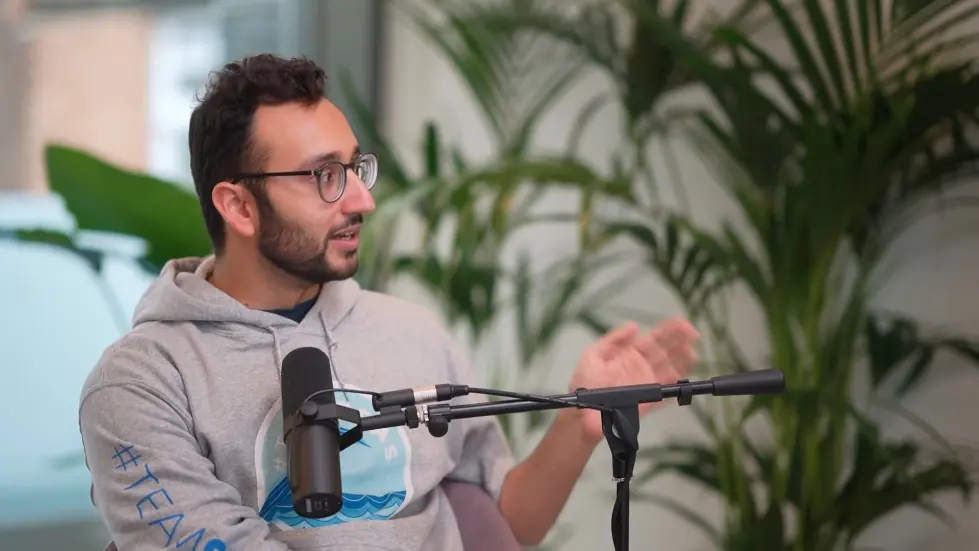
Quality Over Quantity
- As the channel grew, Aaron trusted himself more to make good videos, even with a set goal of two videos a week.
- The goal became a quality metric and a way to ensure that he was making good content.
- He believes that setting a quality bar for himself is important for achieving success.
- He decided he wanted to be the UK's biggest tech YouTuber towards the end of university.
- He was frustrated with being busy at university and wanted to focus on his channel.
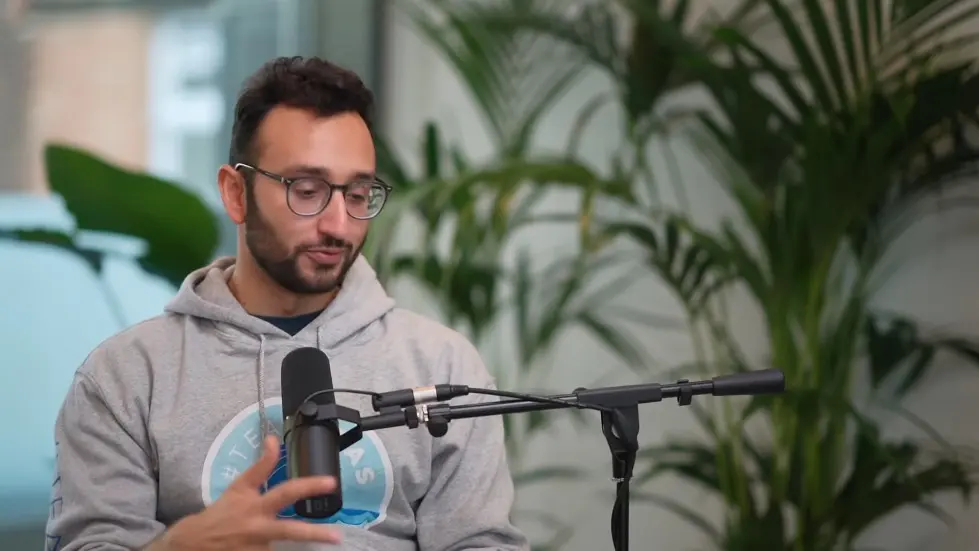
Detaching from Personal Worth
- Aaron tries to detach his personal sense of self-worth from hitting goals.
- He believes that enjoying the journey and having fun is more important than hitting a certain number of subscribers.
- He has a pinned tweet with subscriber goals to get his followers on board with his vision, but he won't be upset if he doesn't hit them.
- He believes that productivity takes care of itself when you enjoy what you're doing.
- He is writing a book themed around productivity with the core message that enjoying yourself is the secret to productivity.
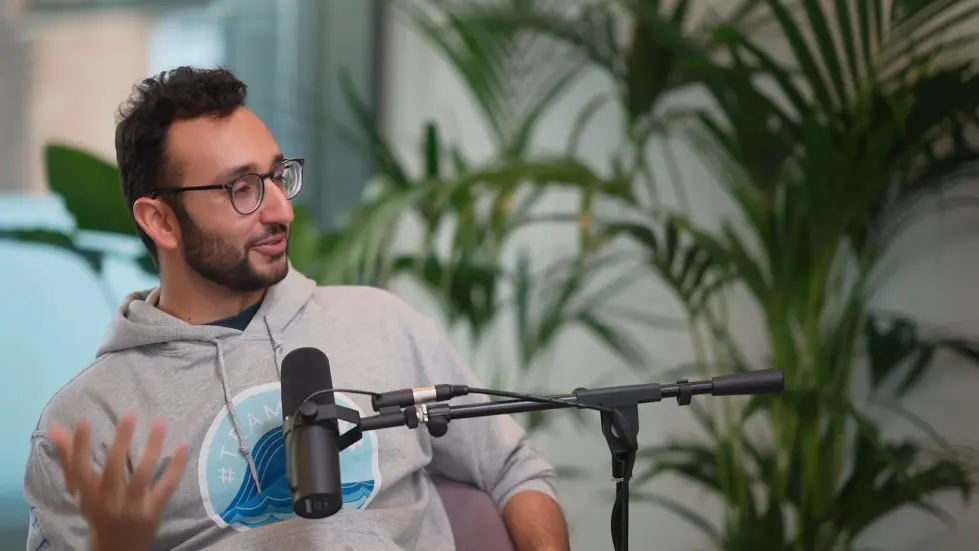
Realization of YouTube as an Option
- Try as many things as possible to avoid being funneled into a path you don't want to go down.
- Price Waterhouse internship made Aaron realize he needed to change something.
- He turned down a job offer to evaluate his options.
- Realized YouTube was a better option and started sketching ideas at work.
- Advised to try as many things as possible to find what you truly enjoy.
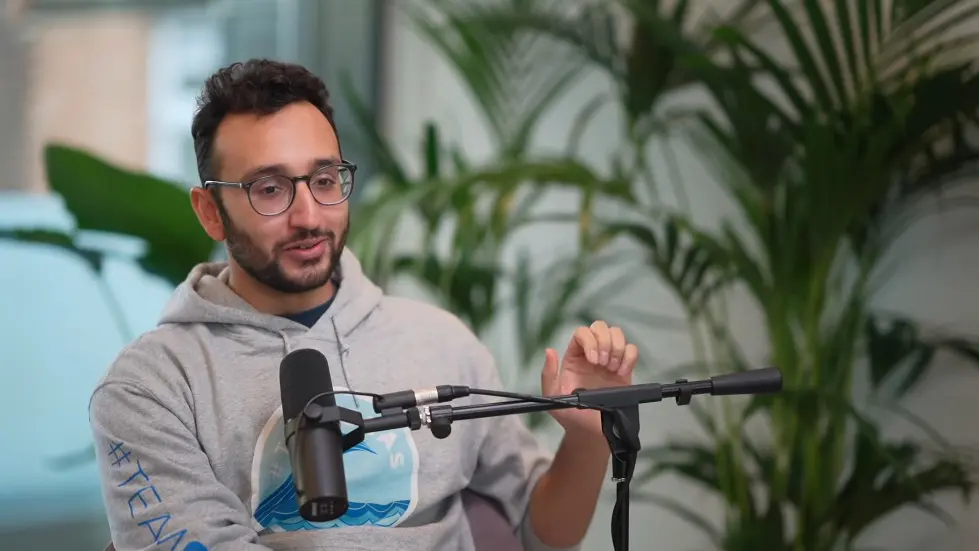
Transitioning from Medicine to YouTube
- Aaron took a break from medicine and intended to travel, but the pandemic happened.
- His YouTube channel started to take off during the pandemic.
- He admitted to himself that he's probably never going to be a doctor again.
- There was an element of fear in leaving a prestigious career.
- He built his brand off the back of being a doctor and feared losing that badge of prestige.
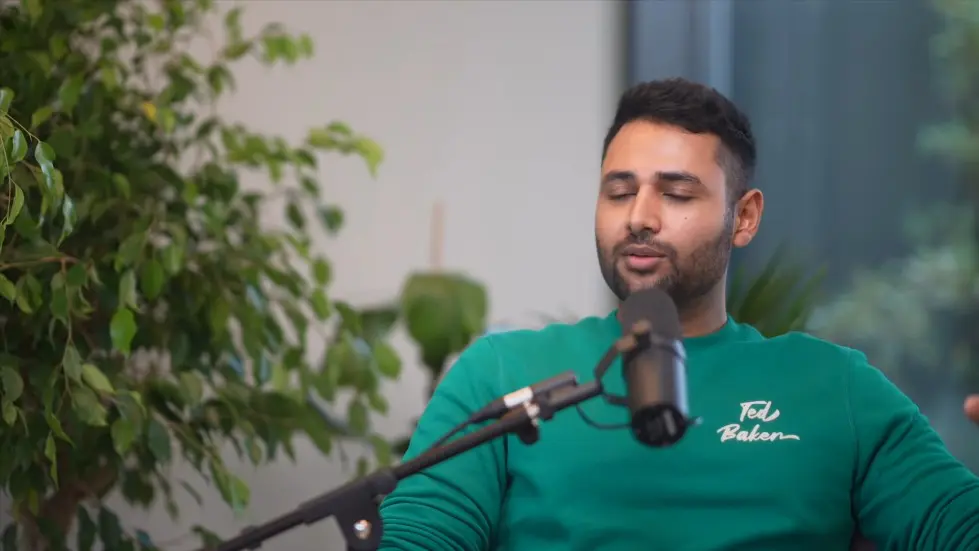
Choosing YouTube as a Risk
- YouTube felt like a risk when Aaron was considering leaving his traditional career.
- He had to make a leap onto this new thing.
- He had thoughts of having a backup option.
- At the time, YouTube had not even hit a thousand subscribers.
- He had to choose between taking finals seriously or taking YouTube seriously.
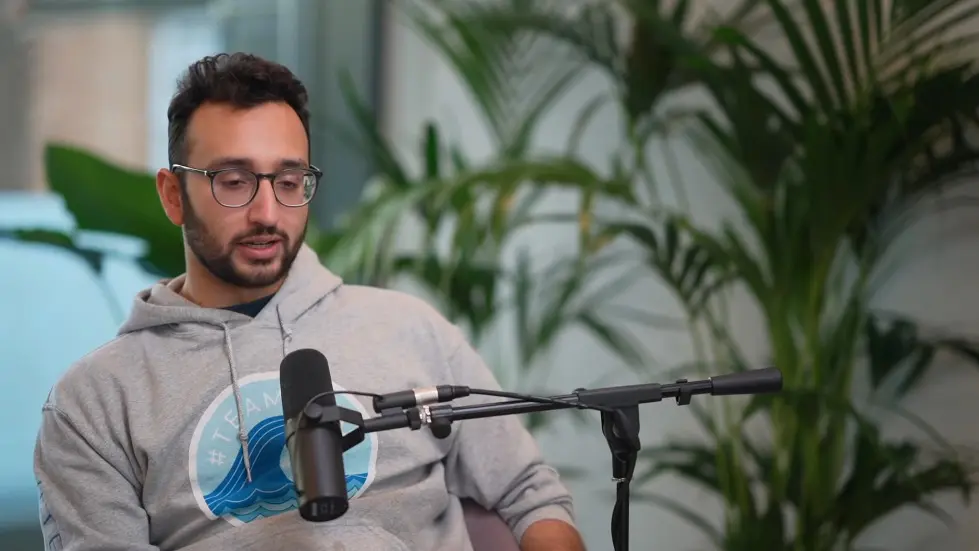
Putting Effort into YouTube
- Aaron had to put in a lot of effort to grow his channel.
- He spent every hour of his waking day on YouTube after university ended.
- He was on video number 35 and had 400 subscribers.
- He realized that every percentage point he got above a pass mark in finals was wasted effort.
- He advised putting in effort and being consistent to grow a YouTube channel.
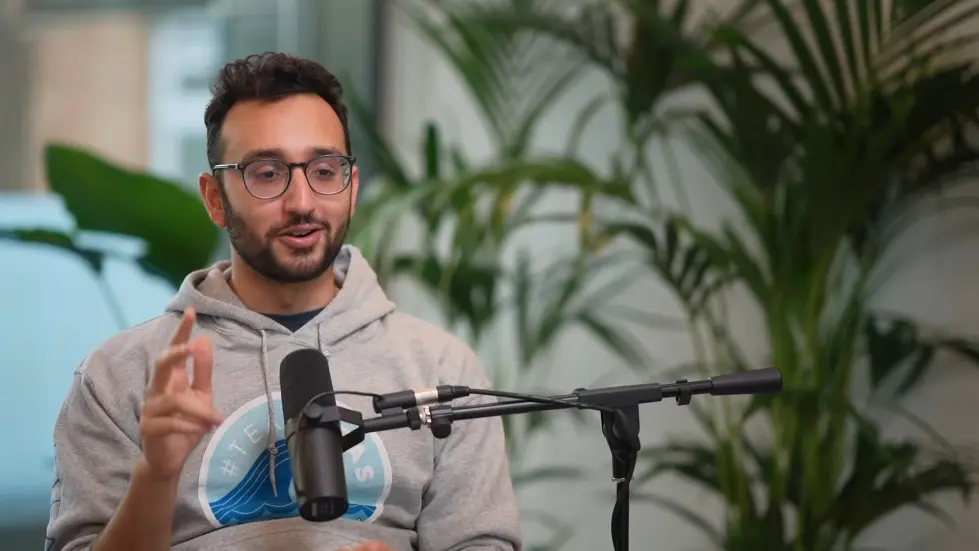
Starting Out on YouTube
- Started YouTube while in university
- Initially started as a hobby
- Decided to focus on YouTube instead of studying for finals
- Had low expectations for channel growth
- Numbers became less meaningful as channel grew
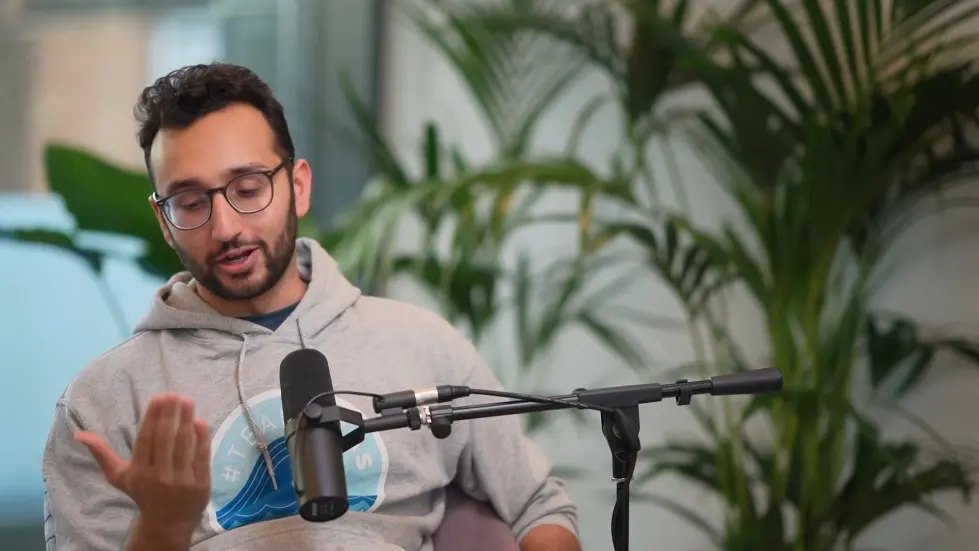
Going Full-Time on YouTube
- Quit job offer to focus on YouTube
- Had 250k subscribers at the time
- Revenue was enough to make a living, but not a lot
- No sponsorships at the time
- Worked on YouTube every day

Realizing the Importance of Quality over Quantity
- Started with a video every day for six months
- Realized it was not sustainable
- Had a breaking point and decided to take a break
- Started making videos every two or three days instead
- Quality improved with more time to work on videos
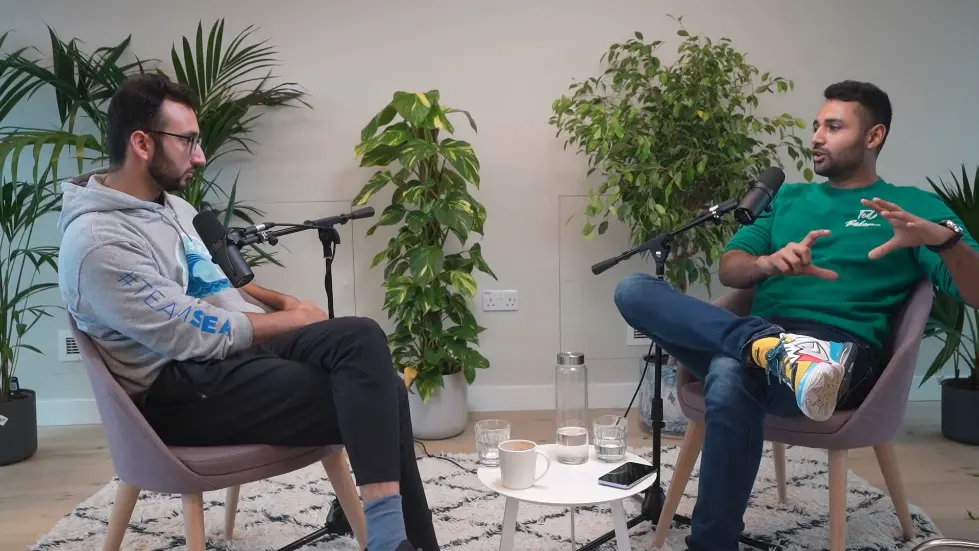
Enjoying the Process of YouTube
- Quantity is not always better than quality
- Enjoying the process is important
- Strict schedules can be tiring and limit creativity
- Recent realization of the importance of taking time with videos
- Can make better videos with more time and less pressure
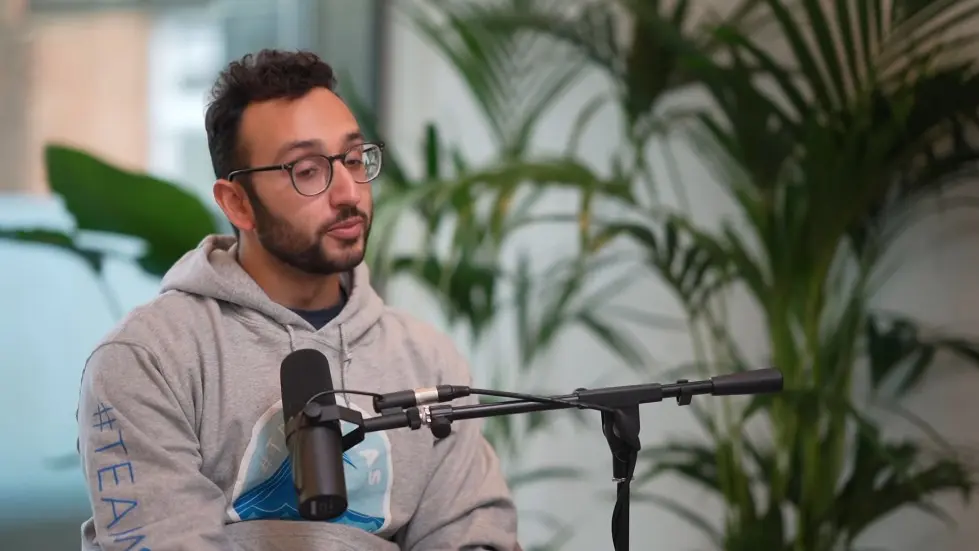
Realization of Quantity over Quality
- Received negative feedback on a clickbaity video and realized the need to reflect on the channel's direction.
- Realized that the drive for quantity over quality was causing a disconnect from the channel.
- Decided to stop adhering to a strict upload schedule and focus on quality content.
- Did a fear-setting exercise to identify worst-case scenarios and realized they were unlikely.
- Realized the need to shift focus from being a manager to creating content.
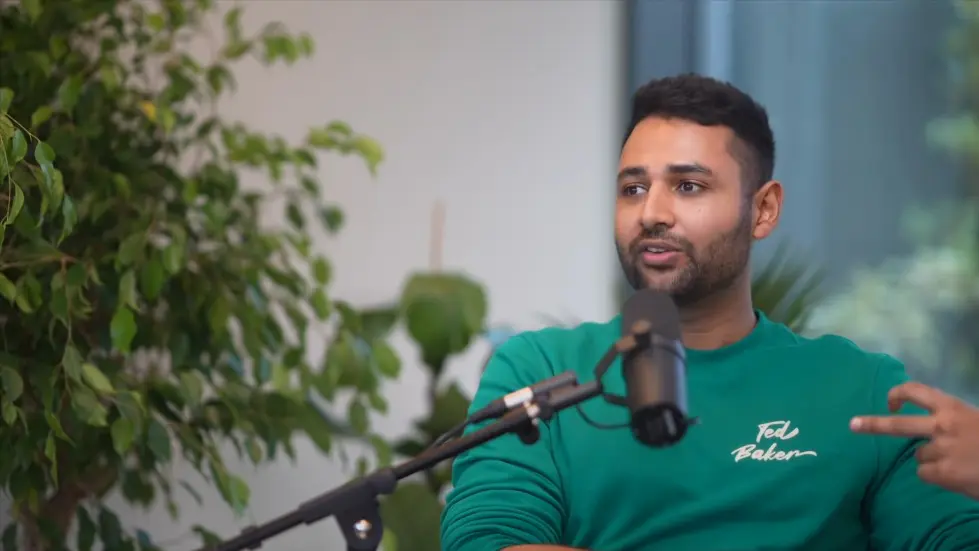
Focus on Core Strengths
- Realized the need to focus on core strengths and not veer away from being the presence on the channel.
- Decided to have less staff and a smaller operation to focus on core parts of the channel.
- Wanted to avoid having other hosts on the channel.
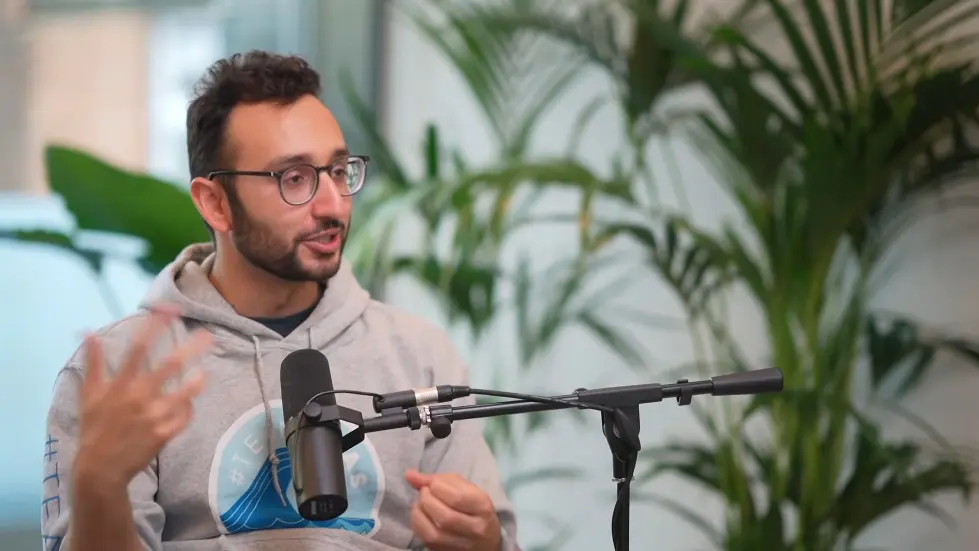
Transition from Quantity to Quality
- Transition from quantity to quality was slow and measured.
- Used data to evaluate what works and what doesn't.
- As a substantially sized YouTuber, had access to metrics that companies would pay for.
- Metrics were extremely powerful if used correctly.
- Does not look at metrics at all.
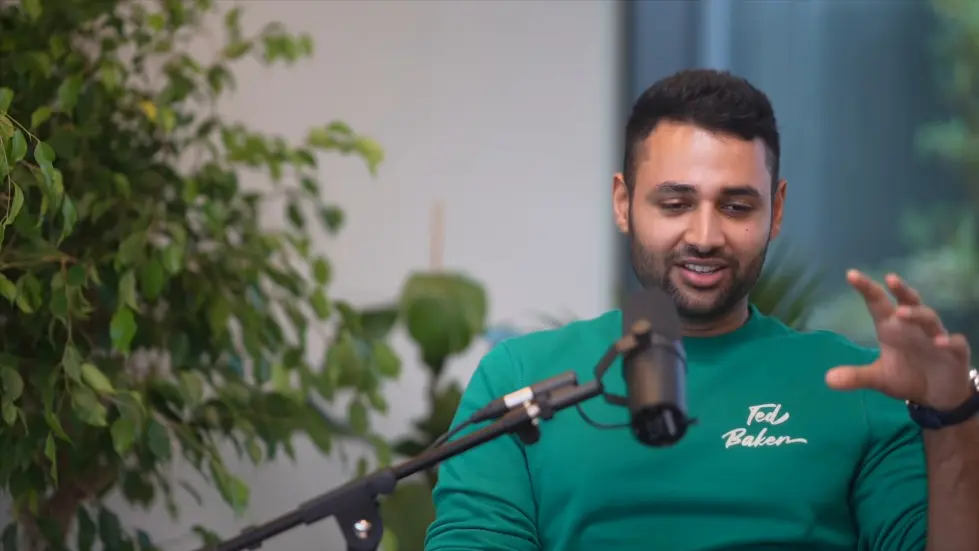
Importance of Reflection and Self-Improvement
- Realized the need for reflection and self-improvement to avoid burnout and maintain a successful channel.
- Identified the need to focus on core strengths and shift focus from being a manager to creating content.
- Used fear-setting exercise to identify worst-case scenarios and realized they were unlikely.
- Transition from quantity to quality was slow and measured, using data to evaluate what works and what doesn't.
- Metrics were extremely powerful if used correctly.
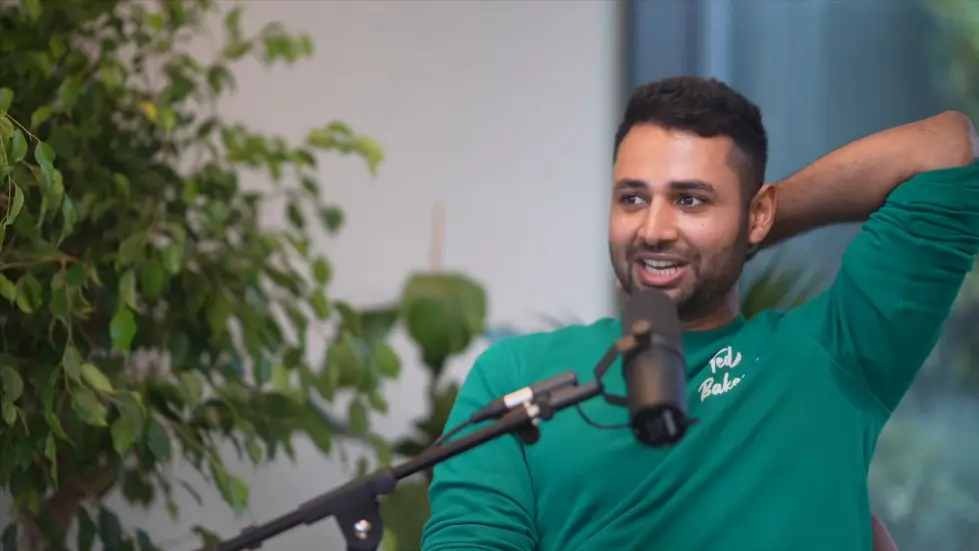
Video Planning Process
- Planning videos backwards from thumbnail and title to content and storyline
- Trigger points for video ideas include past successful videos, viewer requests, and interesting ideas from other sources
- Multiple passes of scripting and testing to ensure engaging content and pacing
- Efficient processes with a small team, but desire for more help to increase output
- Goal of only doing what he wants and needs to do, without a large corporate structure
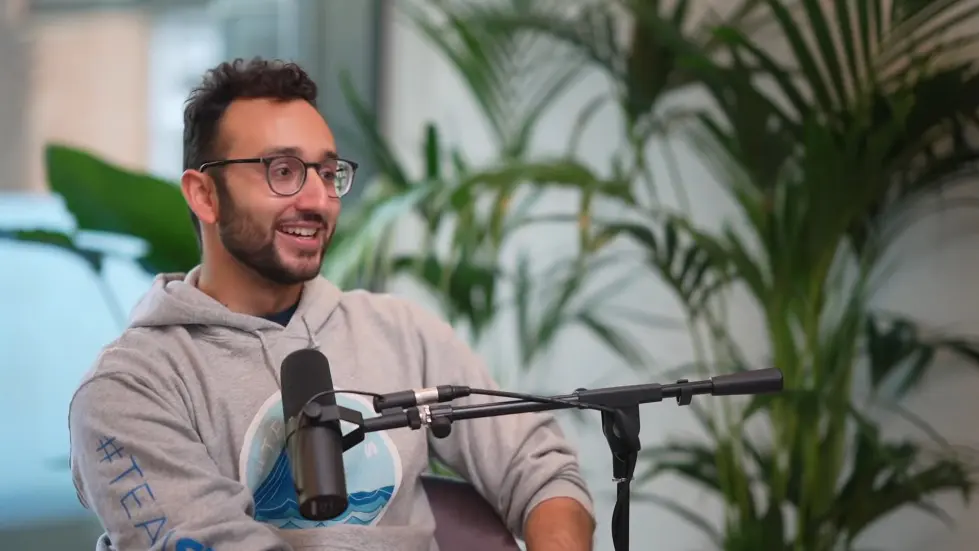
Effort and Time Investment
- 50 hours of scripting for a 20-minute camera comparison video
- 100 hours of scripting for a listicle about tech concerns
- Multiple passes of factual and fun content testing
- Efficient processes with a small team, but desire for more help to increase output
- Goal of only doing what he wants and needs to do, without a large corporate structure
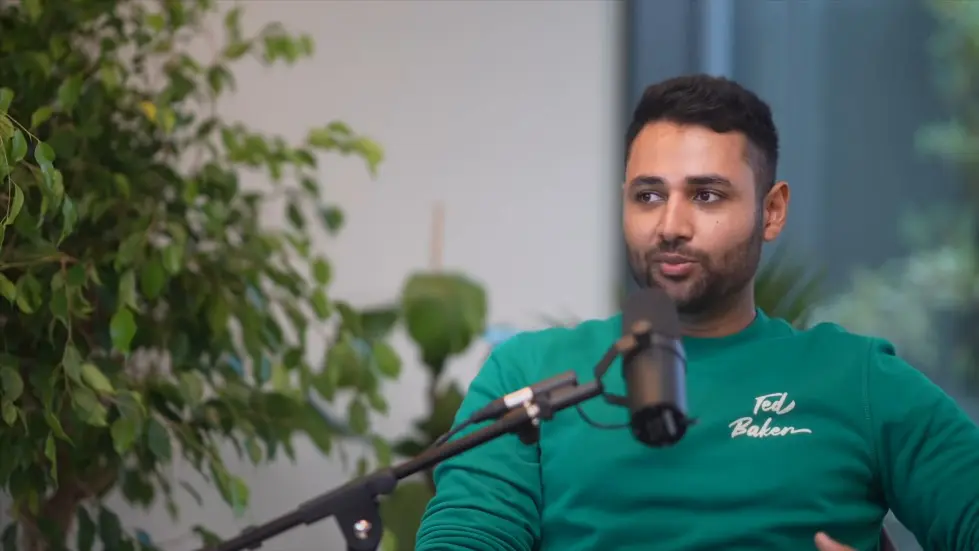
Moving Towards Analytical Content
- Started with broad tech focus, but moved towards analytical content
- Interest in breaking down topics from an economics perspective
- Video topics include journeys vs. Samsung, things you didn't know about Tesla, and why tech is destroying the world
- Initial concern about moving away from niche of phone content, but ultimately successful in branching out
- Continued focus on engaging and informative content
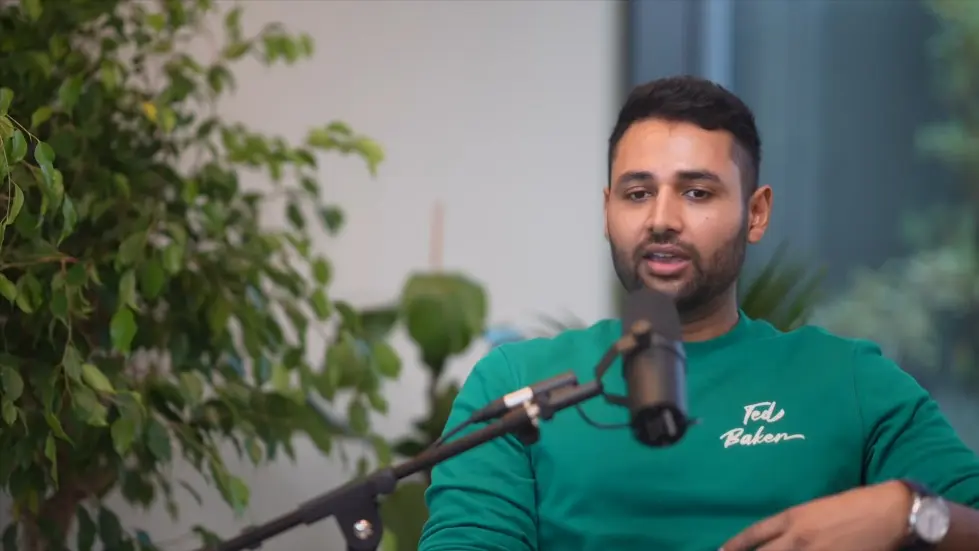
Personal Growth and Reflection
- Realization that his job is essentially creating video essays
- Desire to only do what he wants and needs to do, without a large corporate structure
- Continued focus on engaging and informative content
- Interest in branching out into other areas, such as gaming and lifestyle content
- Reflection on the journey from starting out with a few thousand views to becoming a successful influencer with over 10 million subscribers
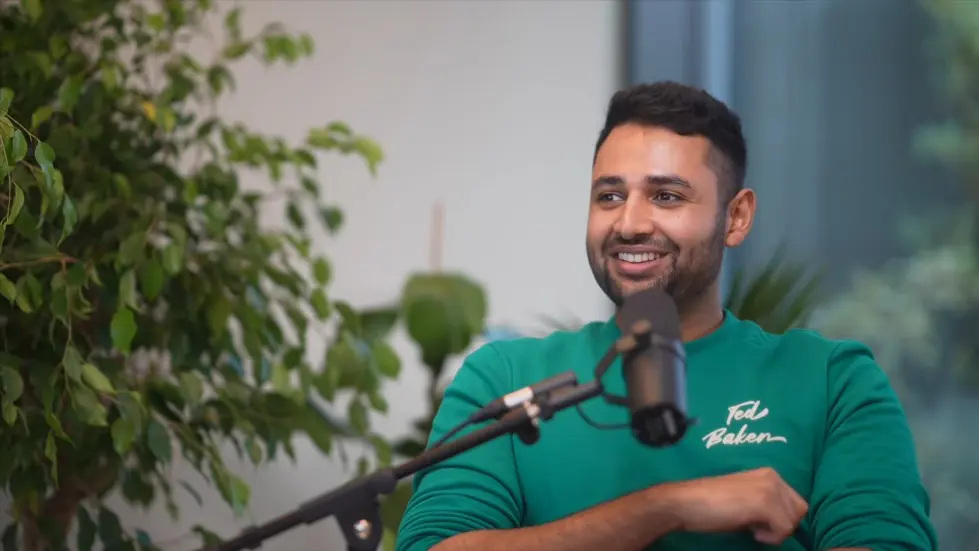
Choosing a Niche
- Started with gaming consoles and then switched to phones
- Had a fragmented audience when covering multiple topics
- Realized focusing on phones would attract a reliable, recurring market
- Now considering covering laptops, cars, and other topics
- Being niche capped his growth
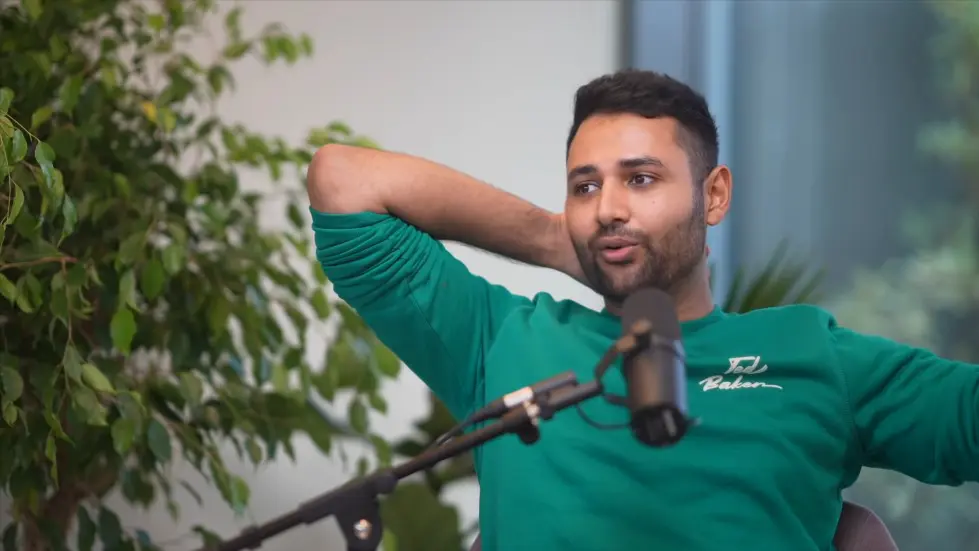
Using a Teleprompter
- Started using a teleprompter two months ago
- Reduces stress on filming day and speeds up filming process
- Scripts videos to the word
- Without a teleprompter, filming can take up to four and a half hours
- Obsessive about getting inflection and emphasis right
- Includes fun bits in videos that add variables and time
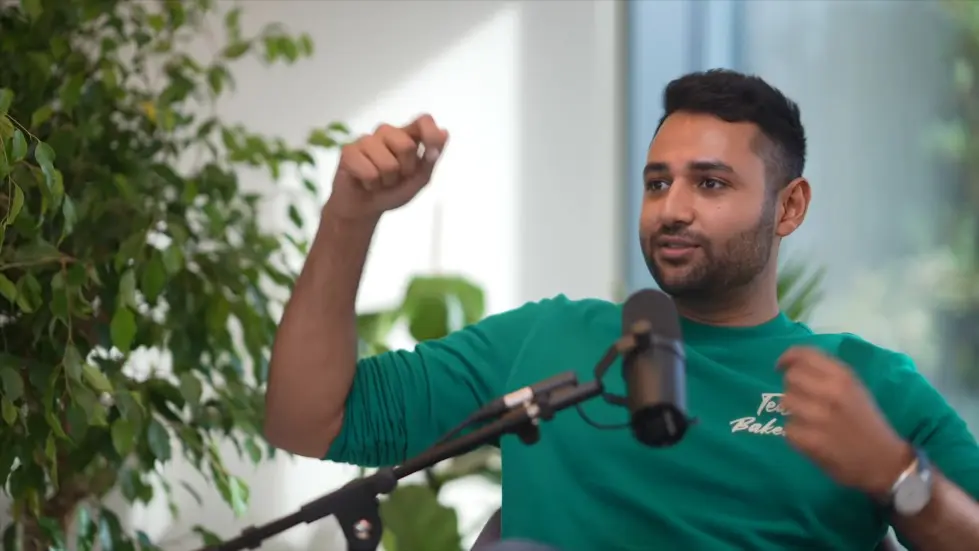
Perfectionism in Filming
- Always wants to get better
- Perfectionism developed over time
- Will do whatever it takes to make the video better
- Scripts videos for hours to ensure quality
- Includes literature reviews and studies in some videos
- Realizes there is always more to do to make videos better
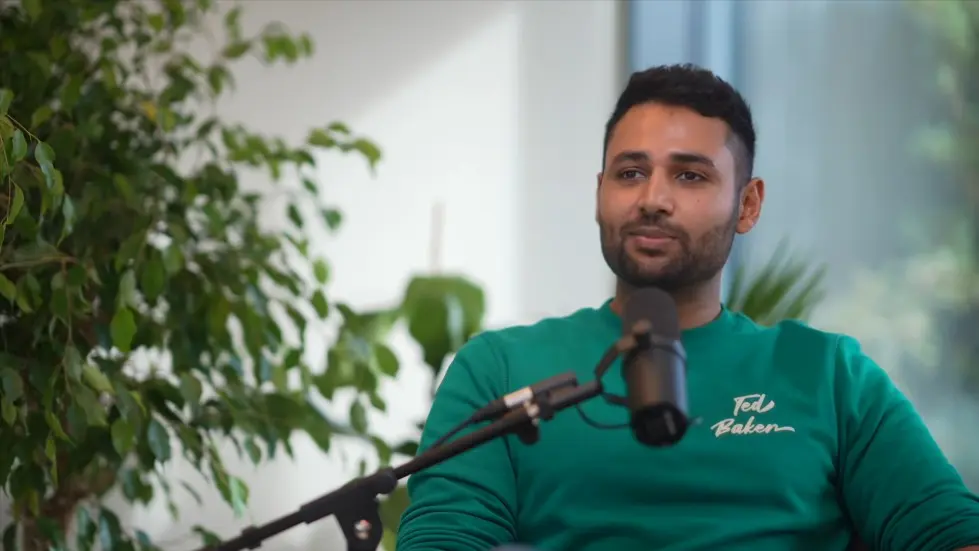
Making Videos Takes Time
- Setting up a table for a battery test video took four hours
- Phones are taped to the table multiple times to prevent movement
- Camera hinges are taped together to prevent movement
- Laser pointers are used to ensure the video is perfectly vertical
- Image corrections are made to prevent distortion
- Perfectionism adds variables and time to the filming process
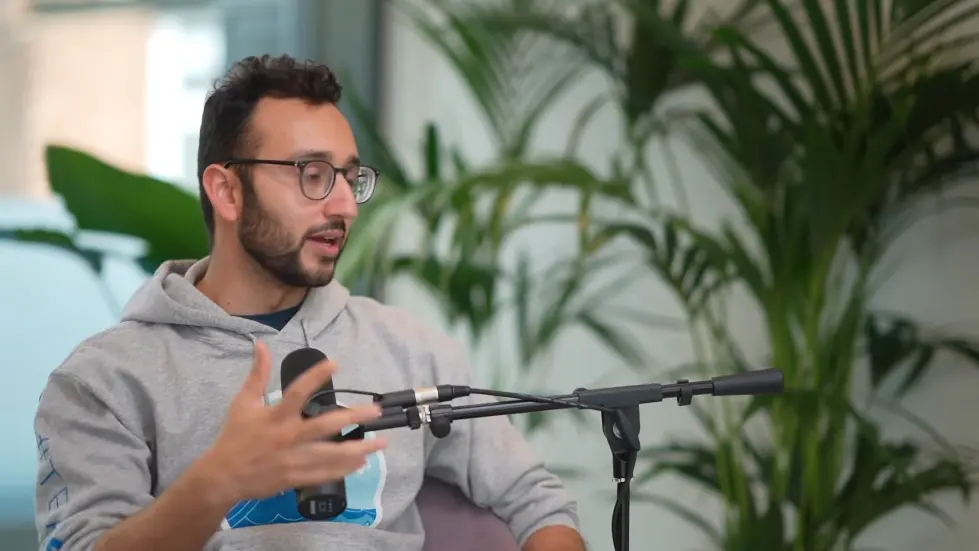
Putting Effort into Videos
- Spending extra hours animating graphs and editing videos
- Realizing the importance of delegating tasks
- Outsourcing editing to optimize for quantity
- Creating a list of background music to use
- Turning around videos quickly with bullet point scripting and talking about topics he knows well
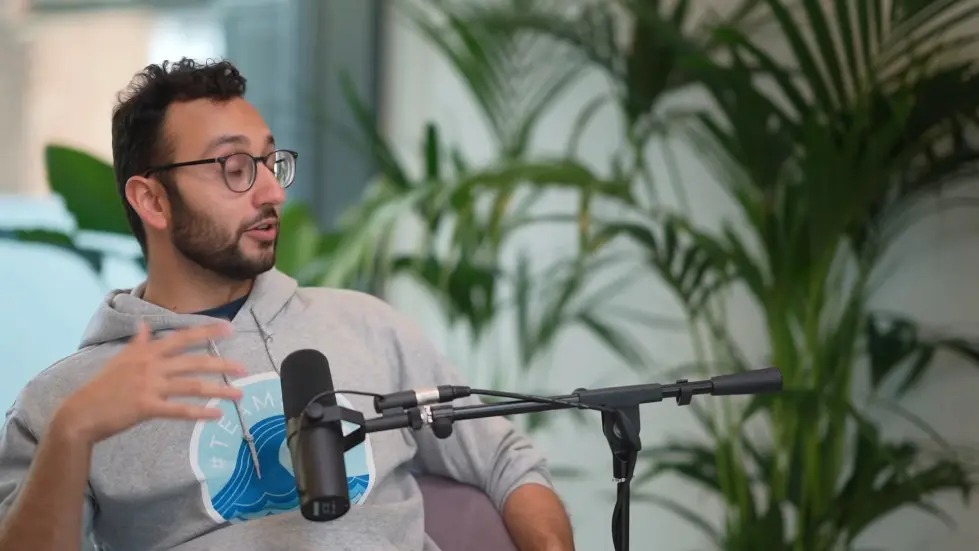
Goals for YouTube
- Thinking about legacy and what he wants his brand to mean
- Not worried about numbers or getting more subscribers
- Interested in trying new things like books and apps
- Thinking about his brand as a teacher and someone who educates people
- Wanting to be associated with technology or education
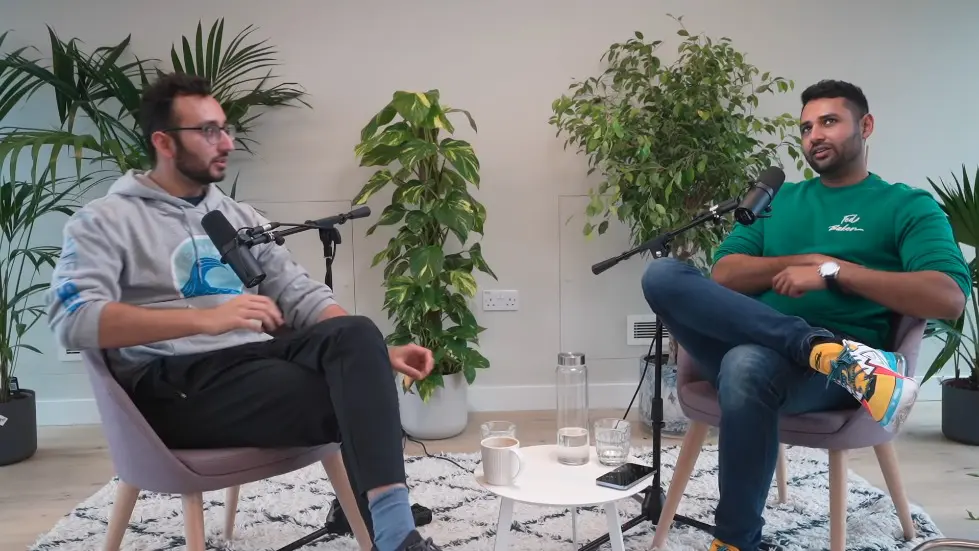
Realizing the Importance of Delegating Tasks
- Learning the advice of delegating tasks if someone can do the job 80% as well as you can
- Realizing the value of his time and being able to do more things
- Optimizing for quantity and recognizing the algorithm to feed
- Outsourcing editing to focus on providing valuable information and friendly vibes
- Wondering if the 80% delegation rule stops being effective when competing in world-class leagues
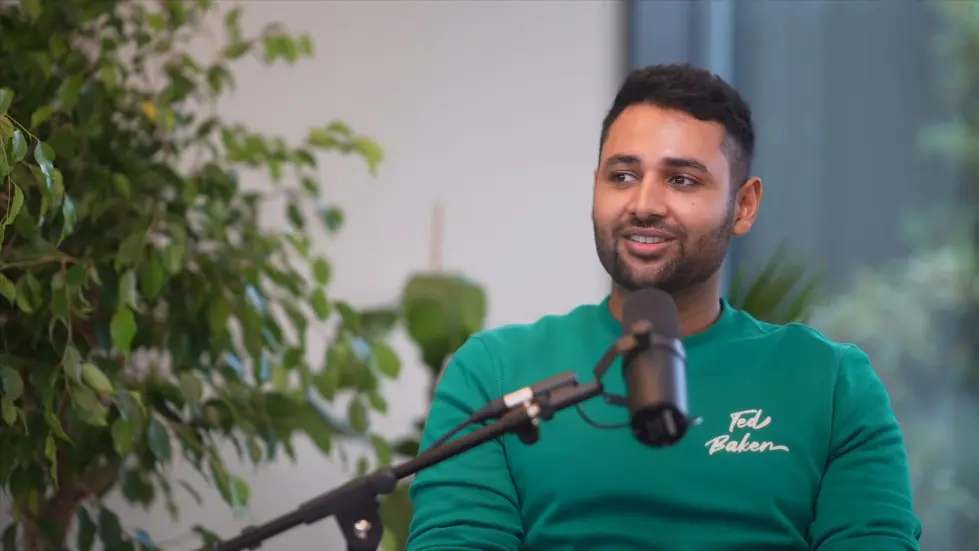
Thinking About Brand and Career
- Identifying himself as a teacher who educates people
- Wanting his brand to be associated with technology or education
- Realizing this vision with books, apps, or other mechanisms
- Coming to this realization with the help of his new management team
- Still taking in the fact that he has a large YouTube channel and hasn't had much time to think about these things
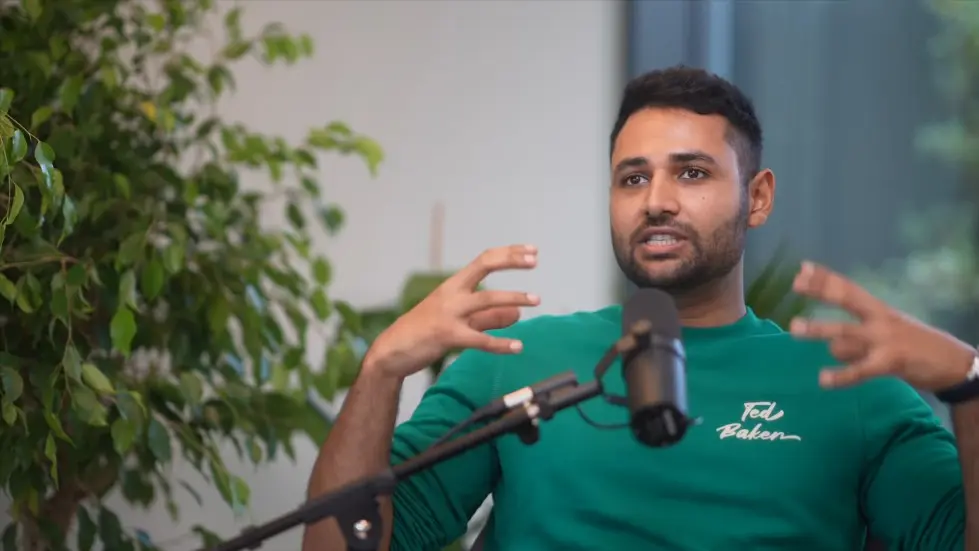
Realization of Teaching as a Passion
- Asked by business coach what he sees himself as, realized he sees himself as a teacher.
- Realized that teaching is what gives him fulfillment.
- Realized that teaching is what he wants to be remembered for.
- Realized that teaching is the core focus of his business.
- Realized that side quests like launching a stationary line or making his own keyboard are just a little bit of spice.
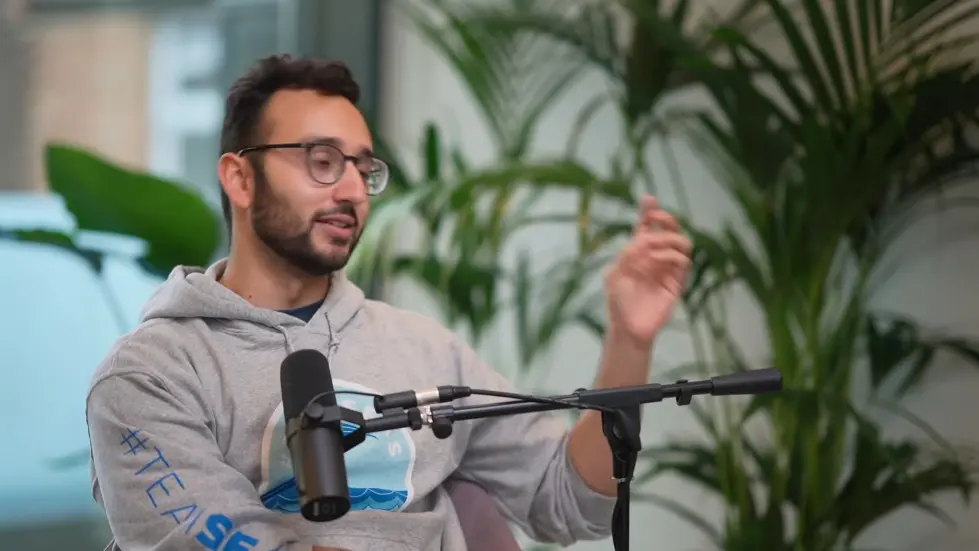
Gravestone vs. Short to Medium Term Goals
- Realized that aiming for what's on his gravestone is very long-term thinking.
- Started using the idea of what his ideal ordinary week looks like one year, five years, and ten years from now.
- Blocks out the sorts of things he'd like to be doing in his ideal week.
- Realized he likes the idea of having one day where all of his in-person collaboration with the team is.
- Blocks out deep work for focus blocks of work where he's not interrupted by calls and things like that.
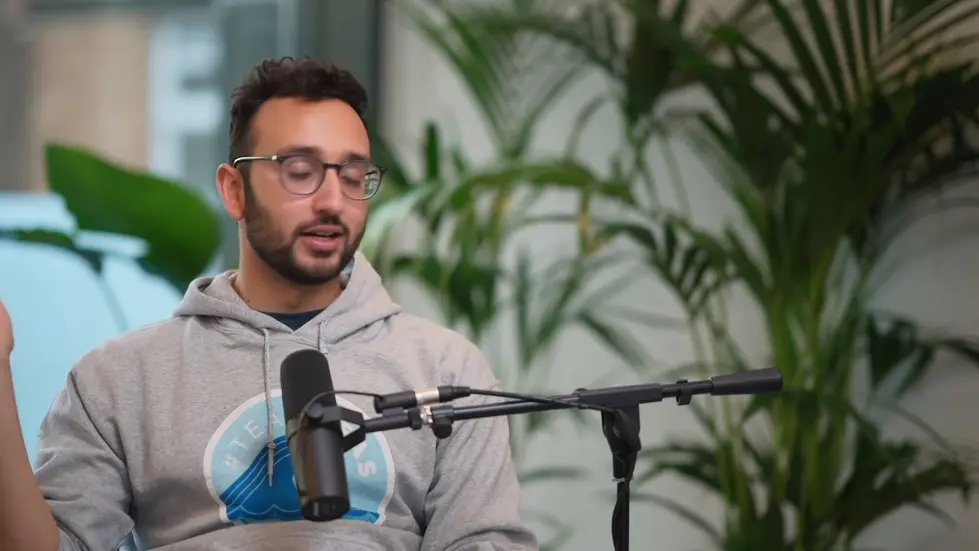
Effort Put into the Channel
- Started out with just a few thousand views.
- Started putting in more effort into the channel, including researching and scripting videos.
- Started collaborating with other YouTubers and brands.
- Started investing in better equipment and hiring a team.
- Started putting in more time and effort into social media and community engagement.
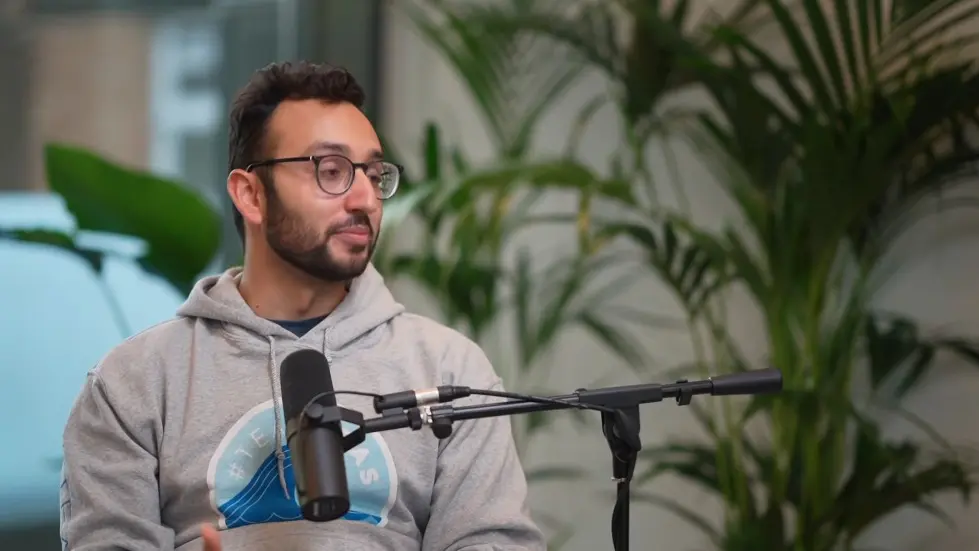
Advice for Aspiring YouTubers
- Find your niche and stick to it.
- Put in the effort to research and script your videos.
- Collaborate with other YouTubers and brands.
- Invest in better equipment and consider hiring a team.
- Put in the time and effort into social media and community engagement.
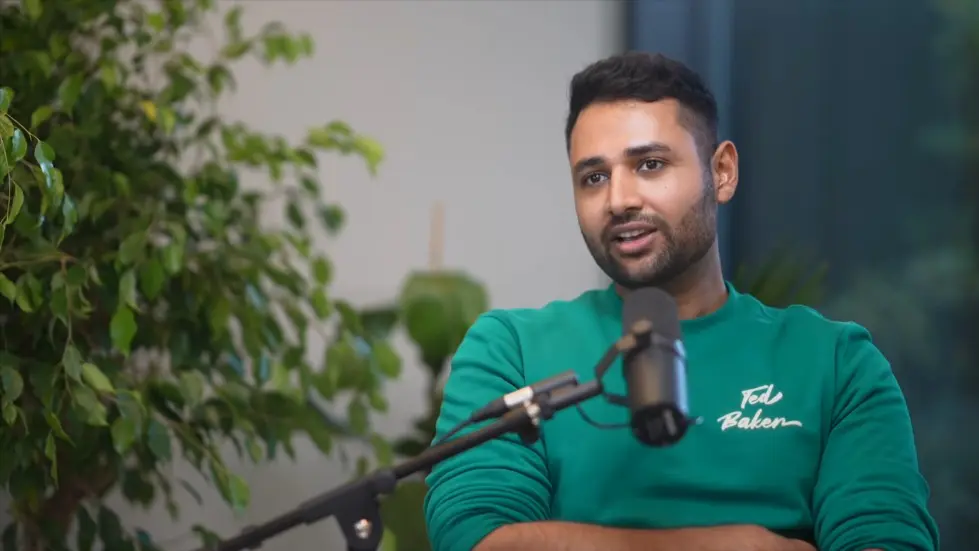
Time Management
- The main goal is to have more control over time.
- Blocking off days is a current barrier that needs to be overcome.
- Separating FOMO from end goals is necessary.
- Being okay with saying no to certain events is important.
- Deep work is necessary to achieve goals.
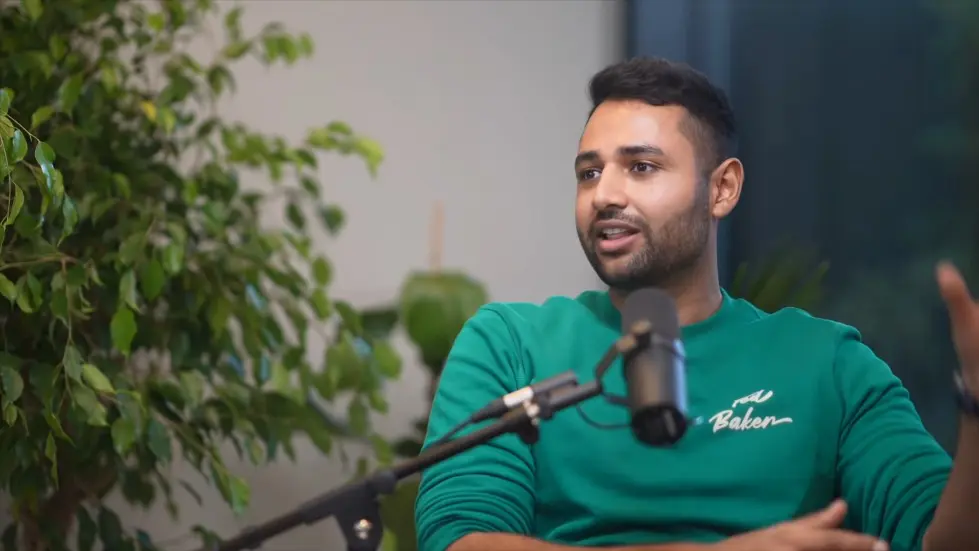
Money Management
- Money is mostly used for convenience.
- Experiences are valued more than possessions.
- Hedonic adaptation is a concern.
- There is no rush to reach the end goal.
- Working up to buying something is preferred over buying it immediately.
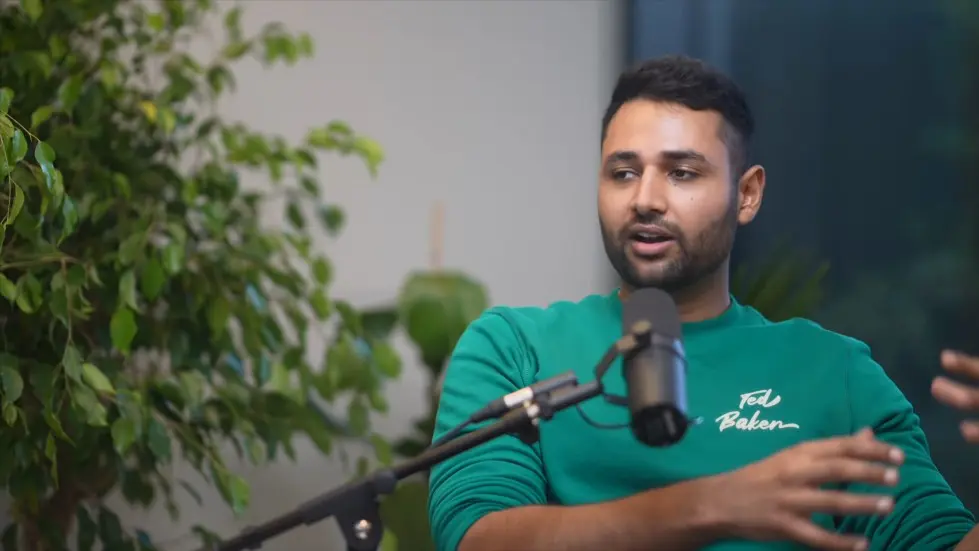
Hedonic Adaptation
- Adapting to higher levels of stimulation does not lead to happiness.
- Facebook's rebranding to Meta is an example of moving towards higher levels of stimulation.
- Adapting to higher levels of stimulation leads to feeling let down by others.
- Living a life of luxury can lead to feeling disconnected from others.
- Less time spent on material possessions means more time for experiences.
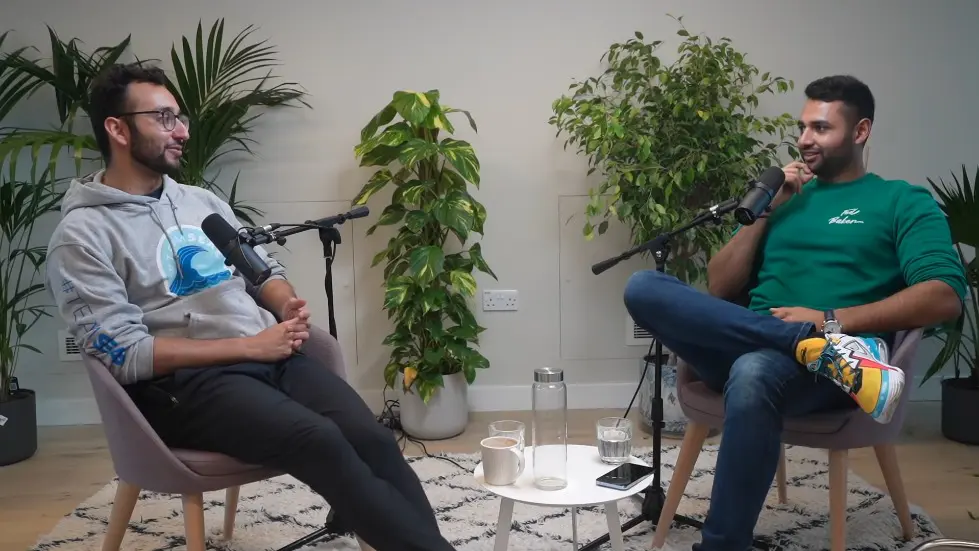
Tech and Stimulation
- Humanity is choosing higher levels of stimulation.
- Facebook's Meta is an example of a world with higher levels of stimulation.
- Hedonic adaptation means that we will not be happier because of higher levels of stimulation.
- Adapting to higher levels of stimulation leads to feeling let down by others.
- Living a life of luxury can lead to feeling disconnected from others.
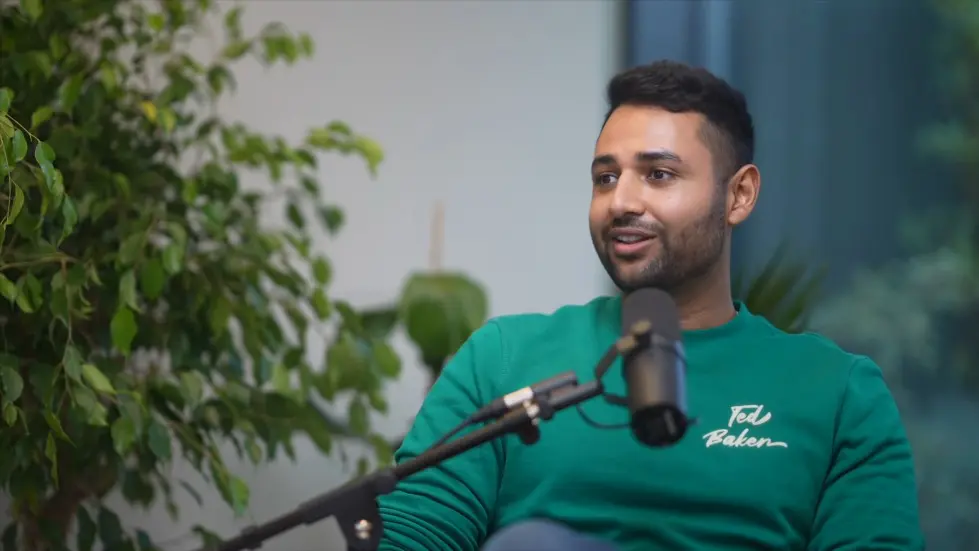
Pressure of YouTube Success
- YouTube success can create pressure to constantly aim for higher numbers.
- This can lead to making content that the creator is not proud of.
- Creators can fall into the trap of making clickbait videos to gain more subscribers.
- Creators can become comfortable with their lifestyle and start aiming for higher numbers.
- Creators can become unhappy and feel relentless pressure to remain relevant.
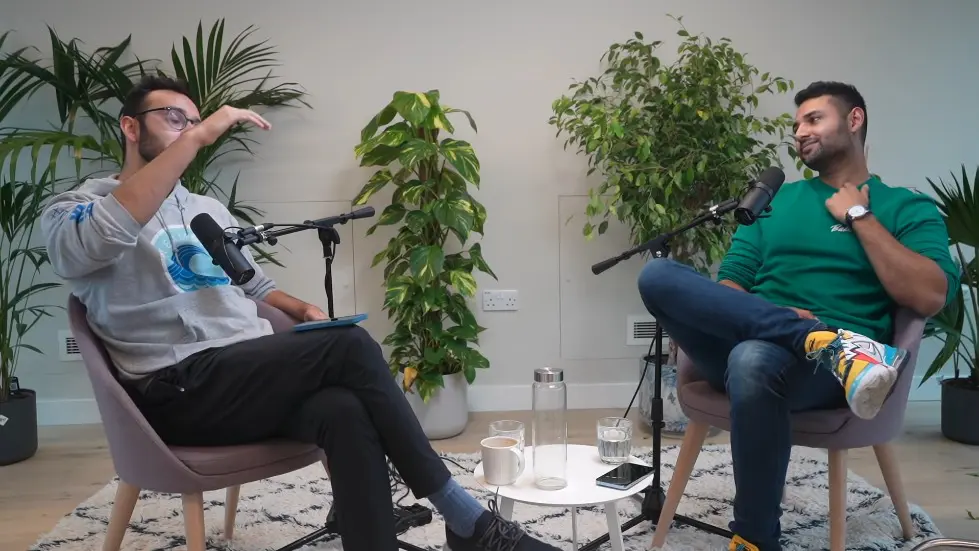
Remaining Relevant on YouTube
- Creators can feel pressure to remain relevant among the most creative and hardworking people on the planet.
- As a creator's channel grows, they can feel like the incumbent and struggle to remain relevant.
- Creators worry about their videos becoming irrelevant and people no longer identifying with their content.
- Tech creators have an advantage because they can cover the latest tech and remain relevant.
- Creators can sympathize with gamers who can lose their entire audience when interest in a game falls.
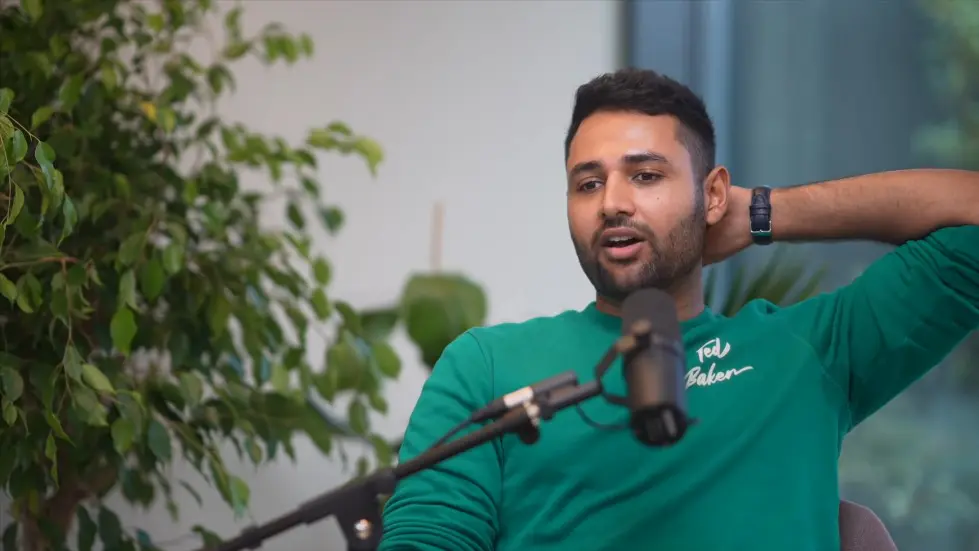
Confidence on Camera
- Trying to be confident on camera is scary, but you have to try it.
- Creators should be ready to receive criticism and use it to improve.
- Practice makes perfect, and creators should keep practicing until they feel comfortable on camera.
- Creators should be themselves and not try to be someone they're not.
- Creators should focus on their message and not worry too much about their appearance.
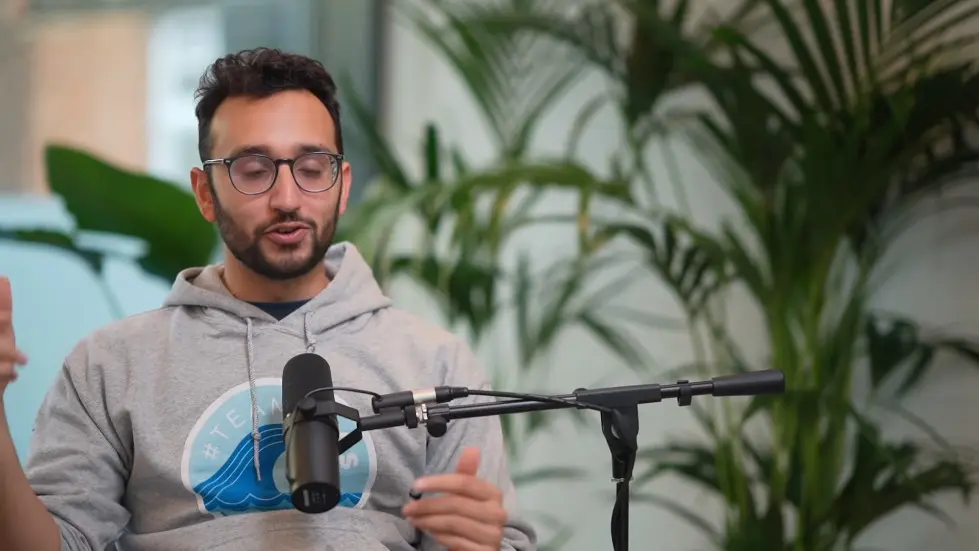
YouTube as a Privilege and a Job
- YouTube is a privilege of a job because creators can work from anywhere and do anything.
- Creators can become comfortable with their lifestyle and start aiming for higher numbers.
- Creators can fall into the trap of making clickbait videos to gain more subscribers.
- Creators can become unhappy and feel relentless pressure to remain relevant.
- Creators should be grateful for the opportunity to have a job on YouTube, but not let it consume them.
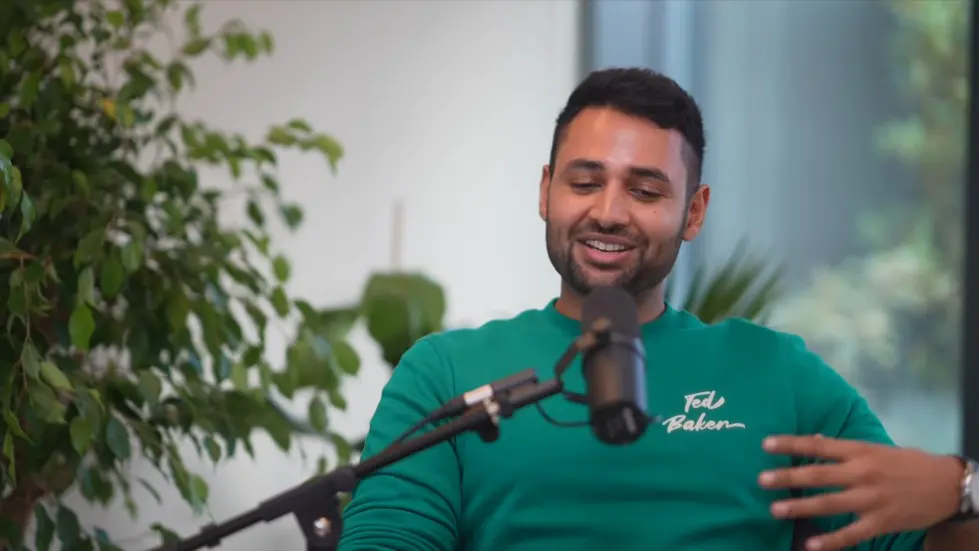
Accepting Feedback and Improving
- Starting out, there will be comments that are not exciting to read.
- Accept that to start with, the quality won't be great.
- Useful feedback can be found in comments, such as adjusting camera distance or microphone placement.
- Put in the reps to get better at the thing.
- Look at big creators' early videos to see that everyone starts out bad.
- Focus on measuring the gain rather than the gap between where you are and where you want to be.
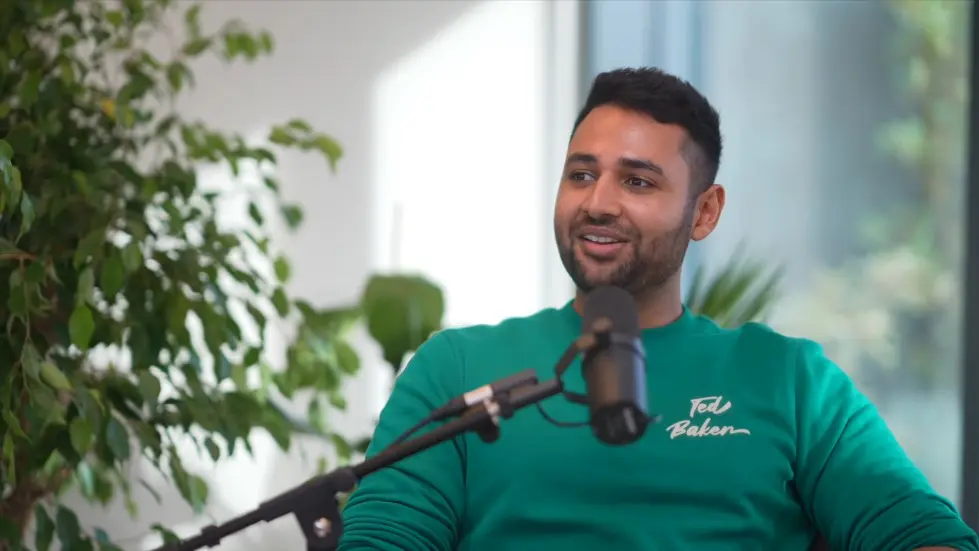
Quickfire Questions
- Advice to your younger self: "It'll be okay."
- Biggest influence on your career: Marquez (MKBHD).
- Tip for someone looking for success: Start with something you enjoy and are passionate about.
- First and last hour of your day: Without phones, first two hours involve getting out of bed and turning off airplane mode, last hour is lying in a dark room.
- Material item under 100 pounds that you can't live without: Ember mug.
- Book recommendation: Steve Bartlett's book.
- If you lost everything but still had skills, how would you start from scratch: Jump straight back in after morning period.
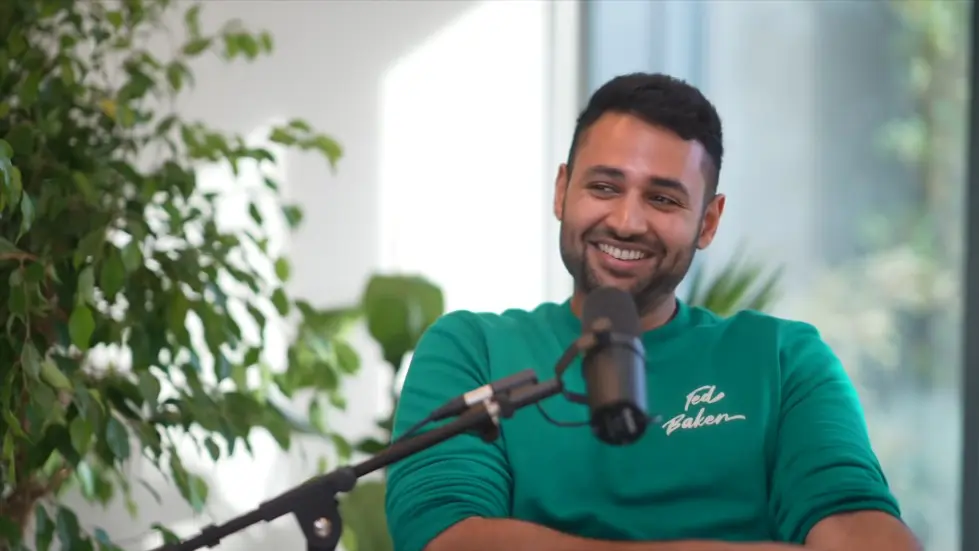
Lessons from Europe's Biggest Tech YouTuber
- Algorithms favor good content, so even new channels can quickly gain traction with a great video.
- Big creators often start second channels that can quickly catch up in subscribers.
- The main asset is the skill set, not just the capital built up.
- There is no specific quote or mantra that Aaron lives by.
- The journey is more important than the destination.
- Spending an unreasonable amount of time on something is often necessary for magic to happen.
Watch the video on YouTube:
From Zero to 10 Million YouTube Subscribers - Mrwhosetheboss - YouTube
Related summaries of videos:
